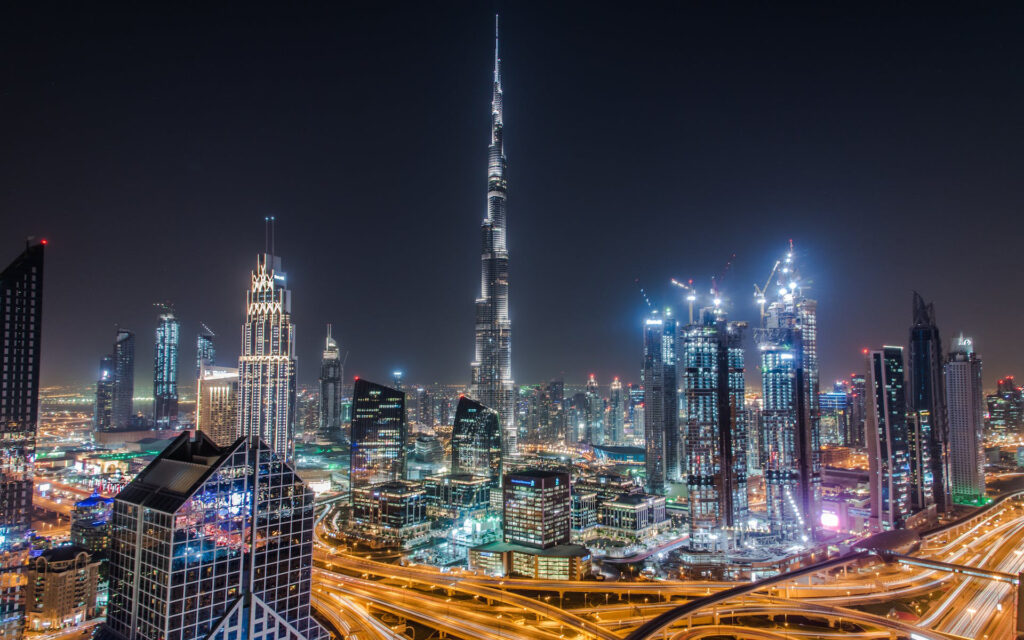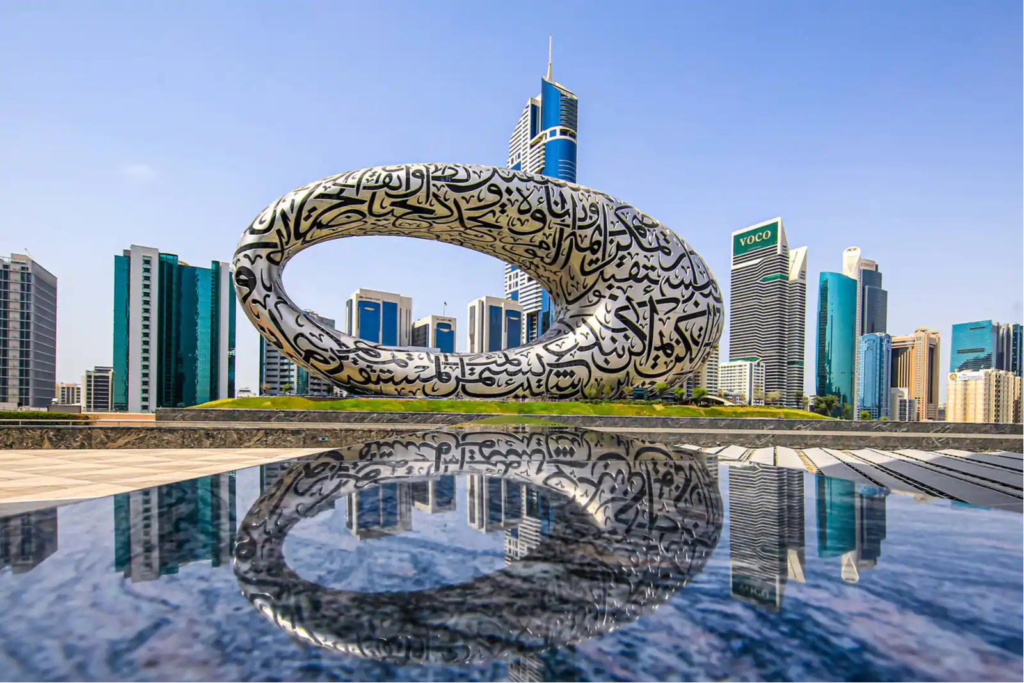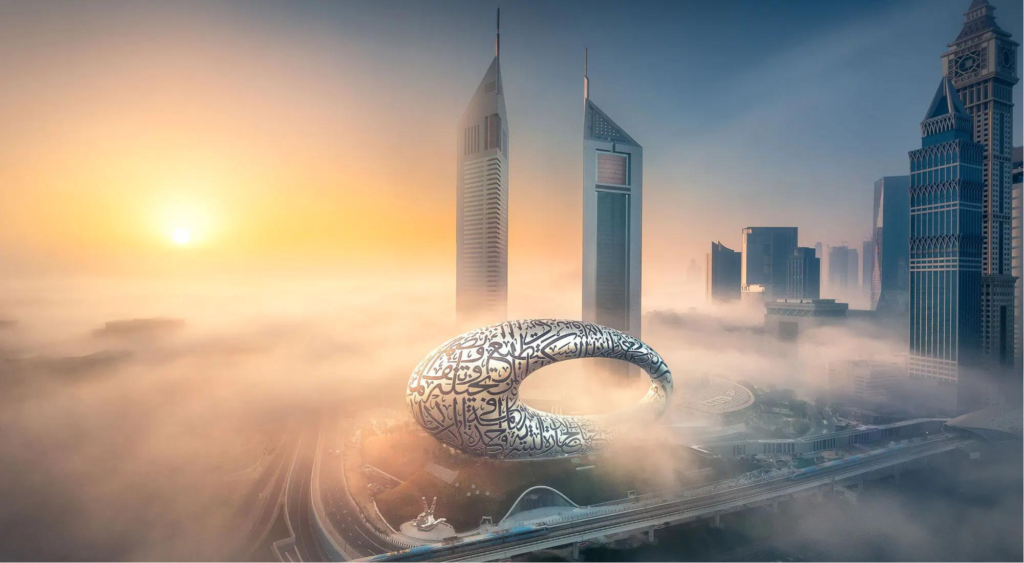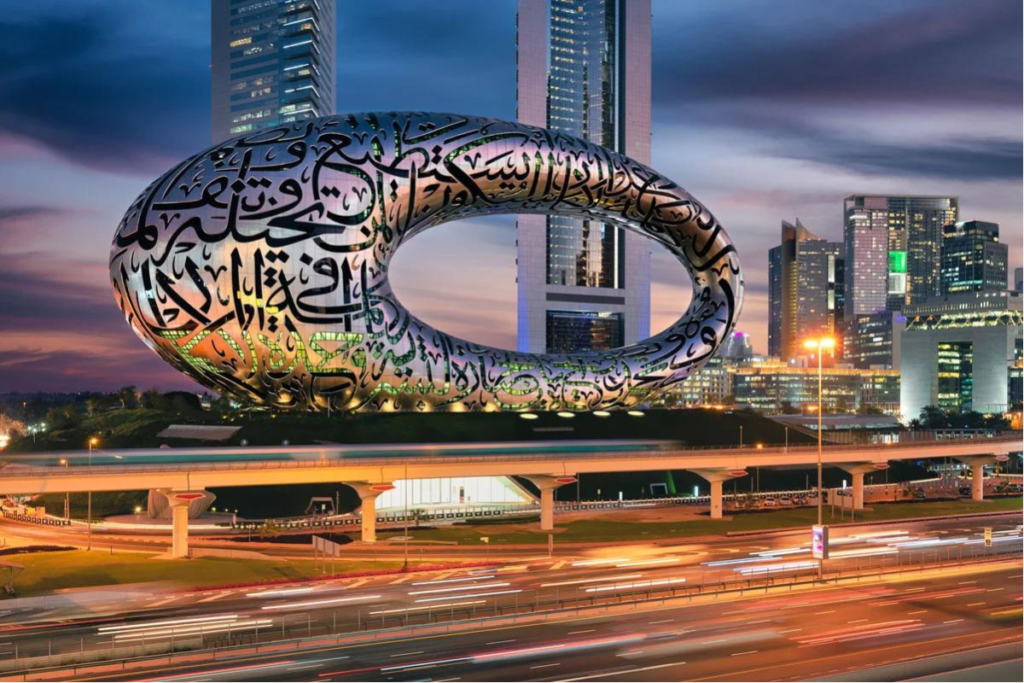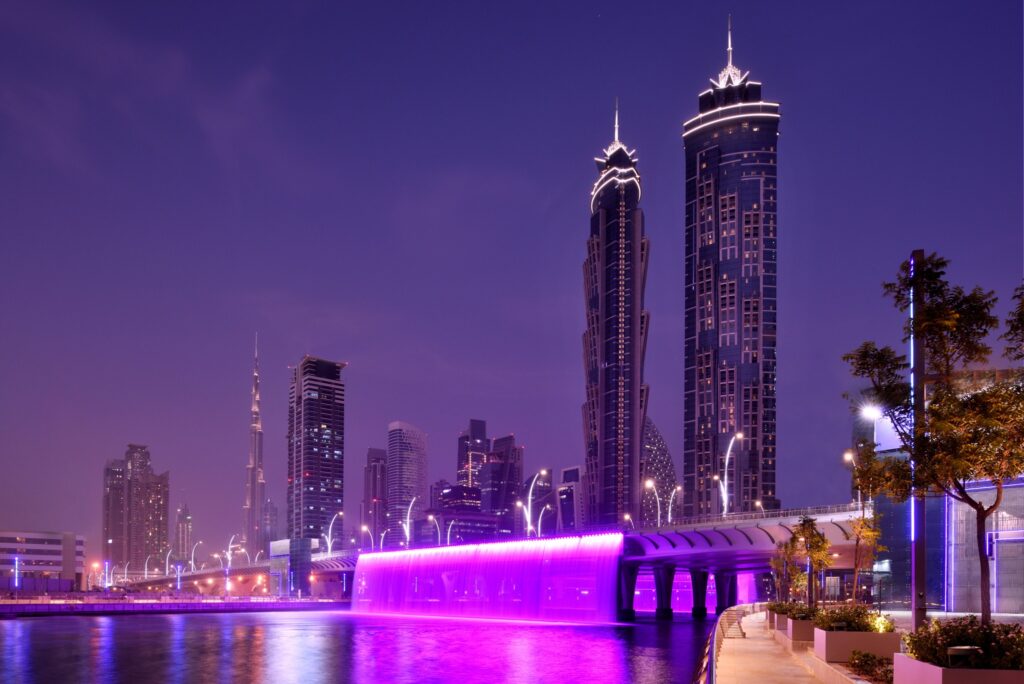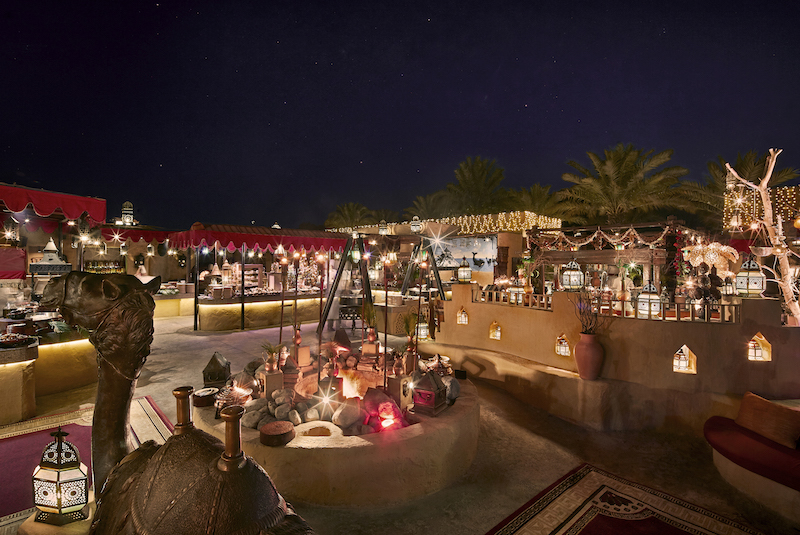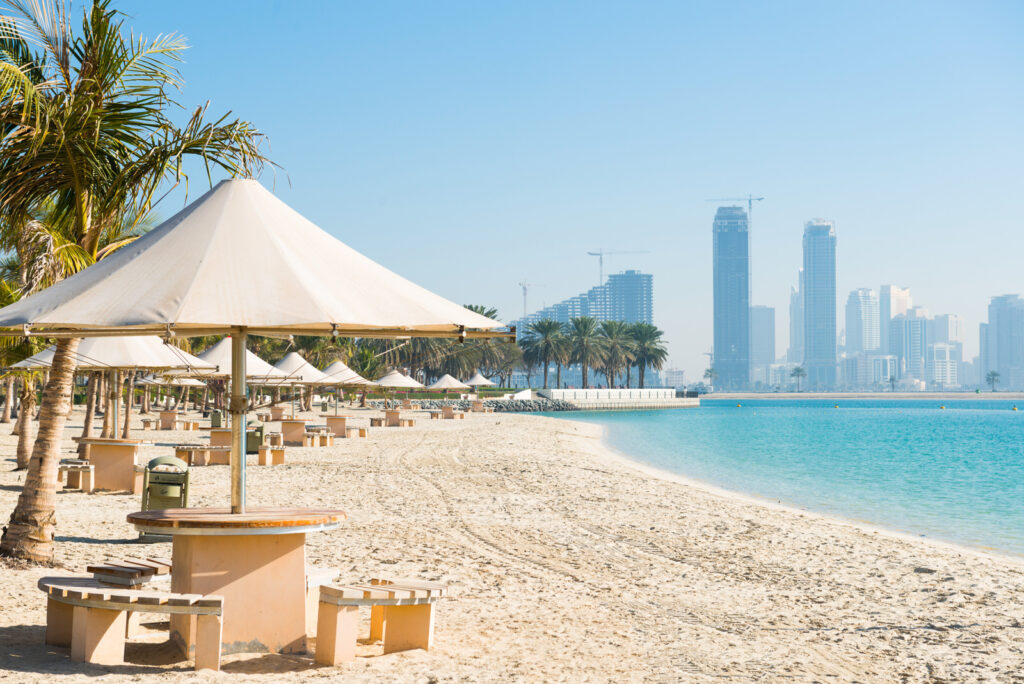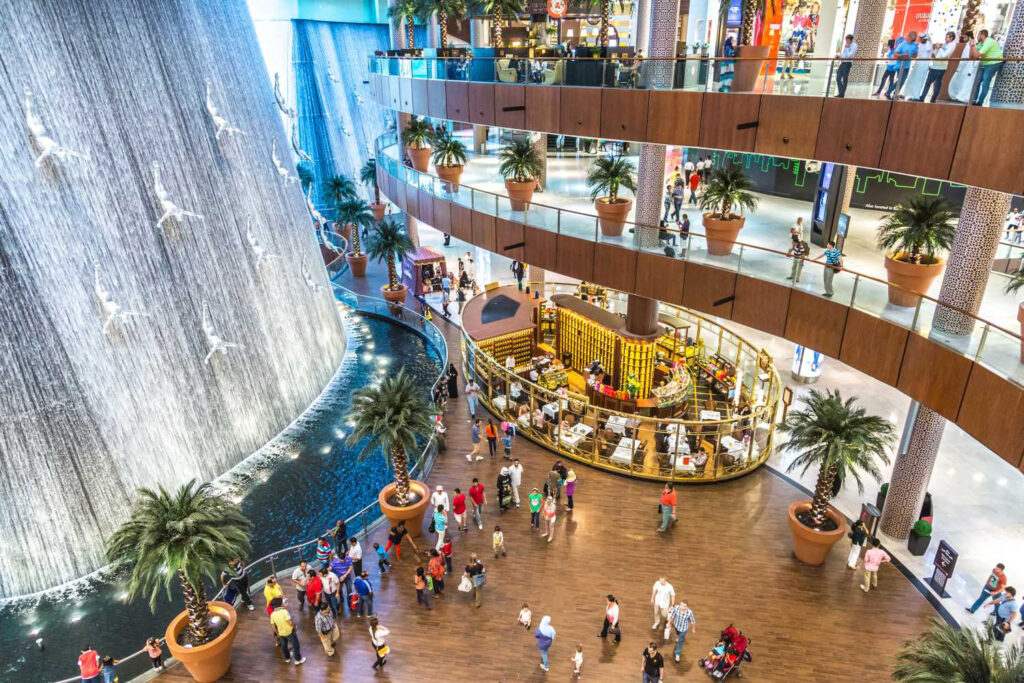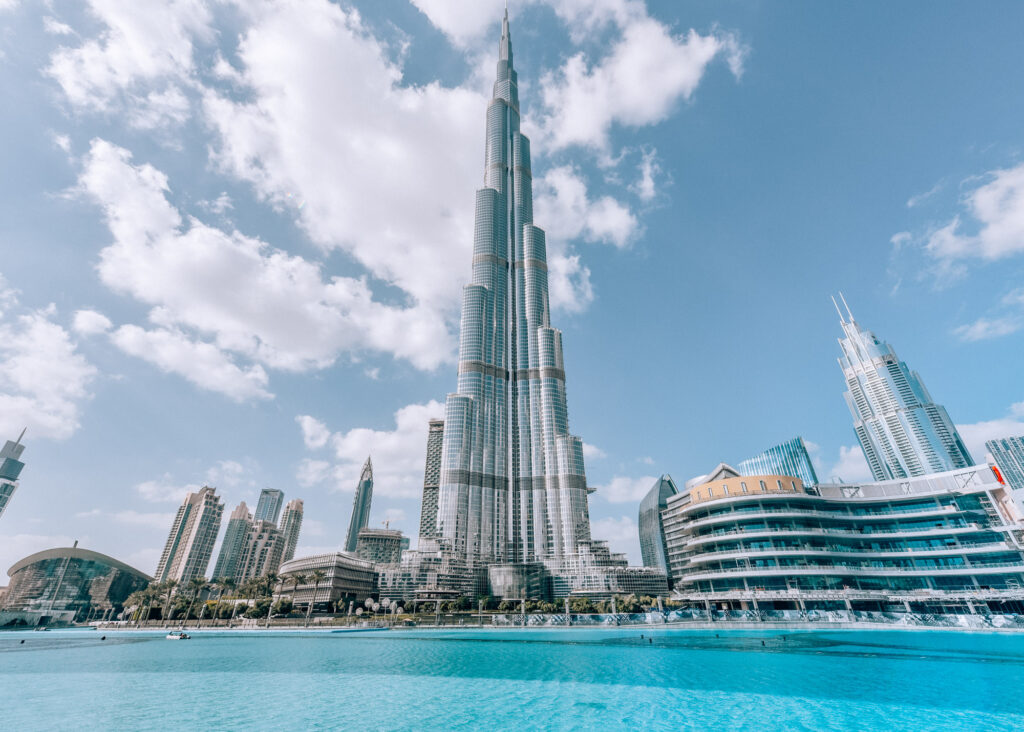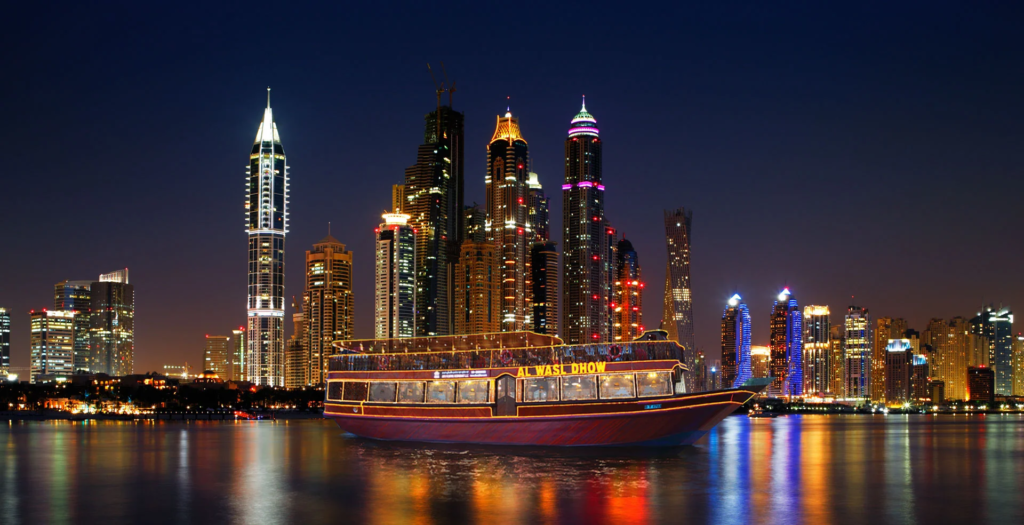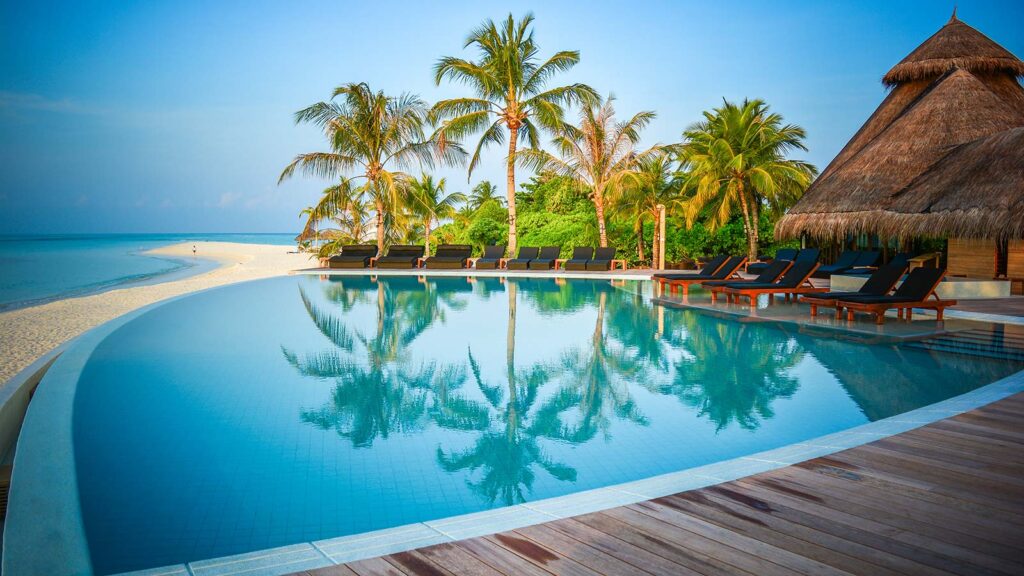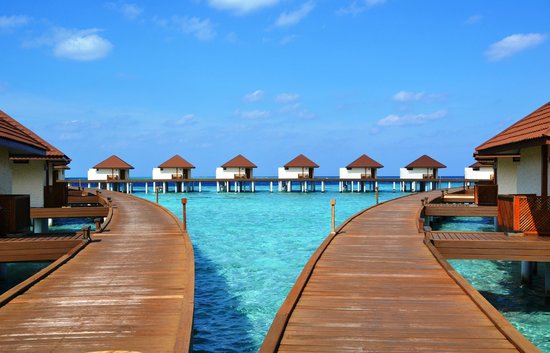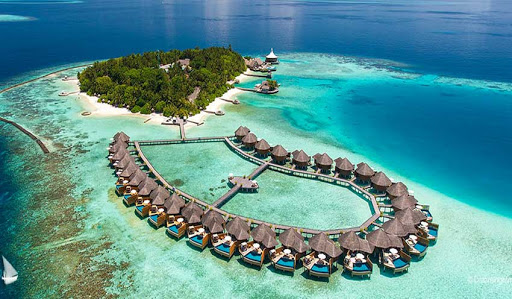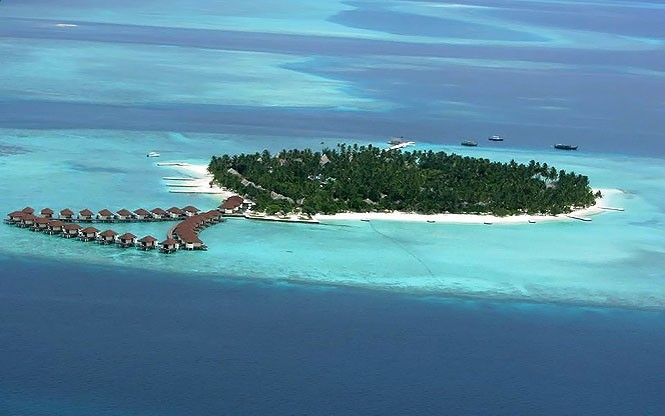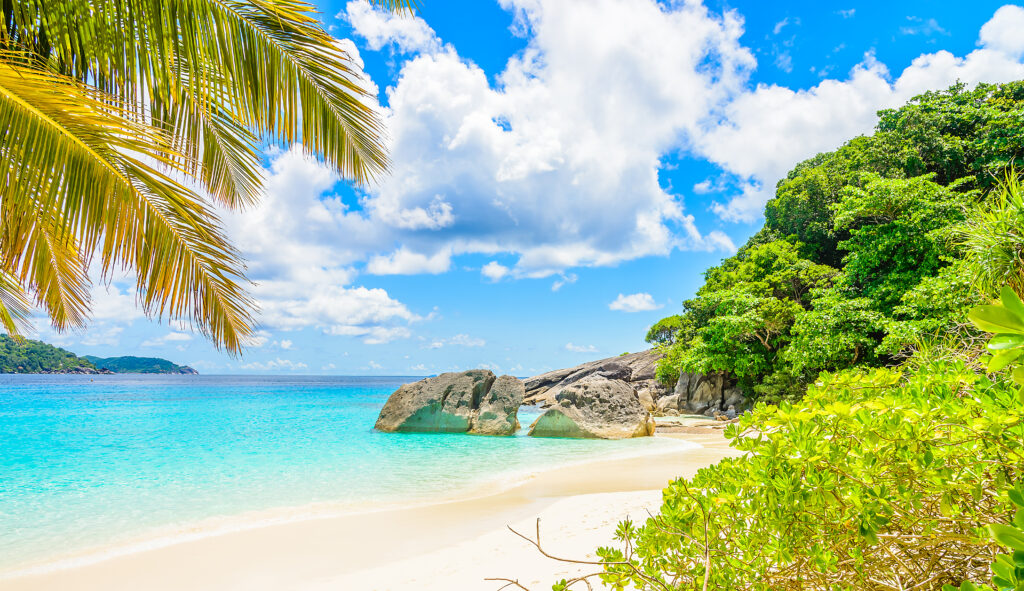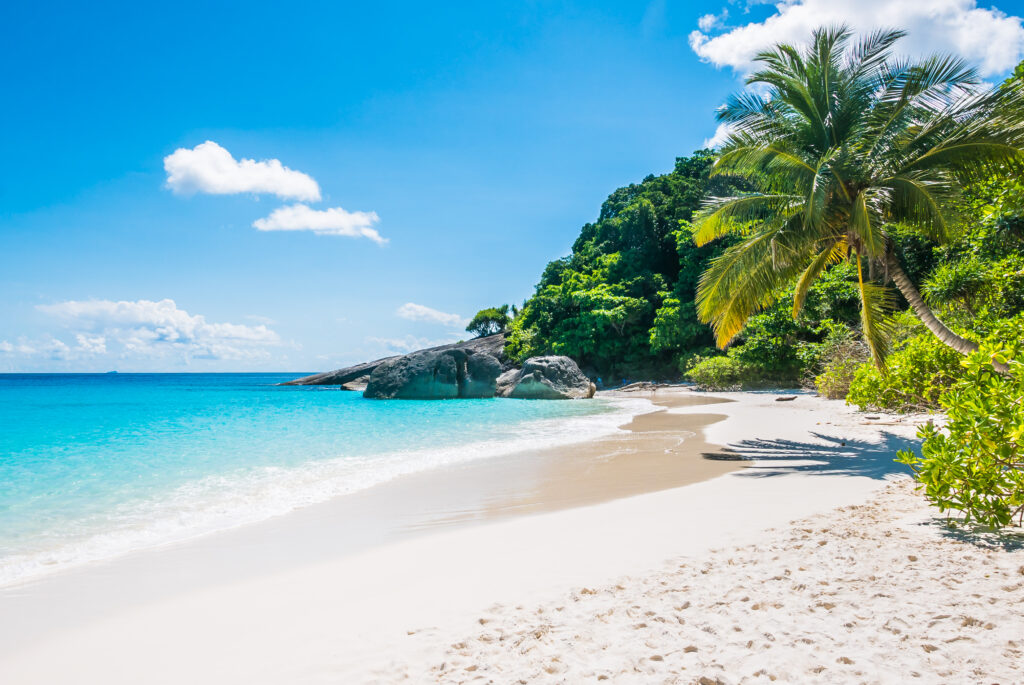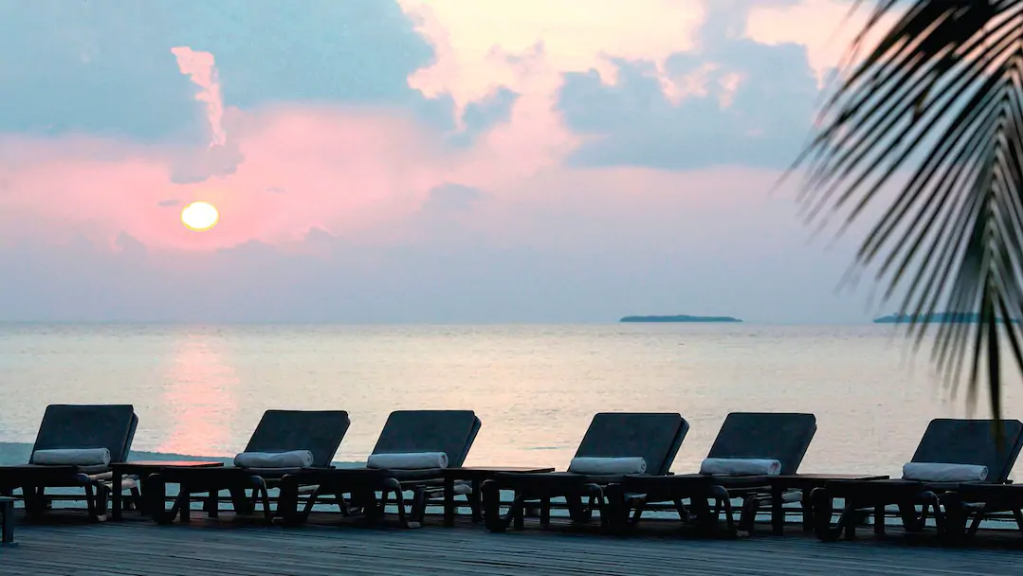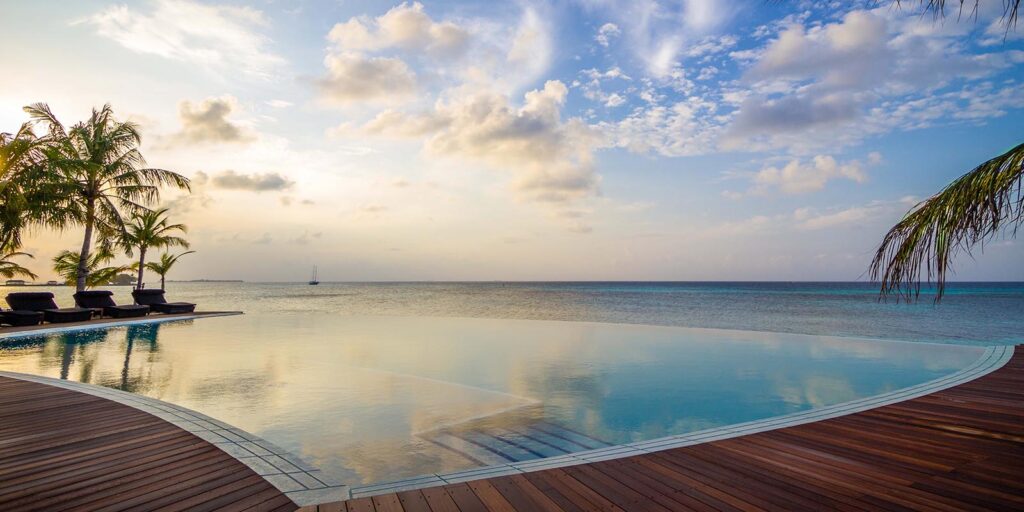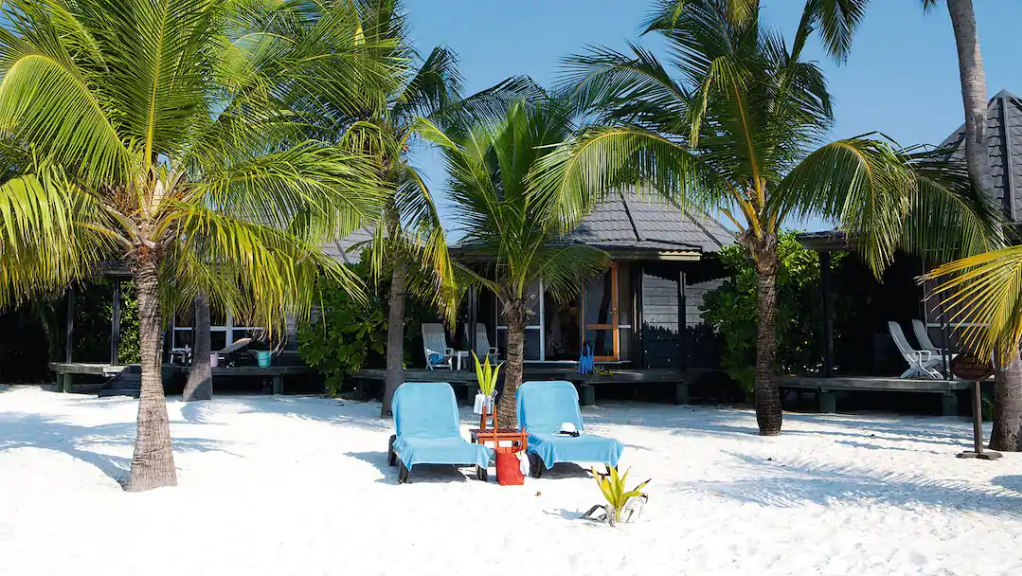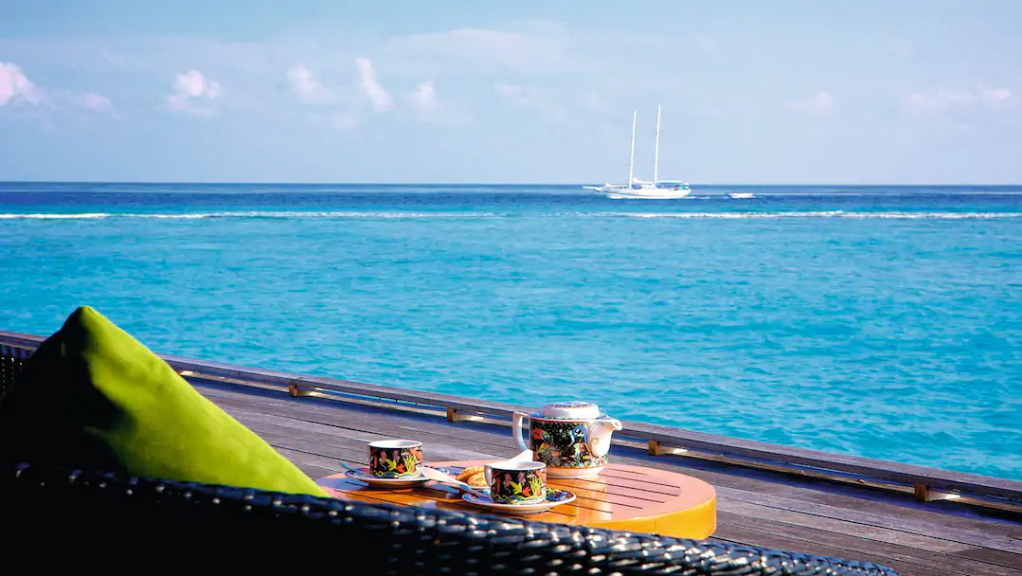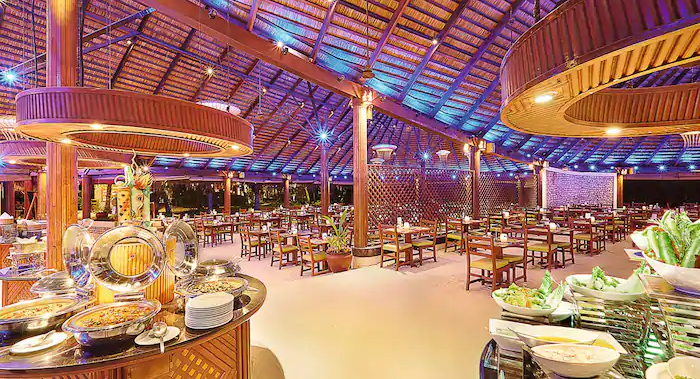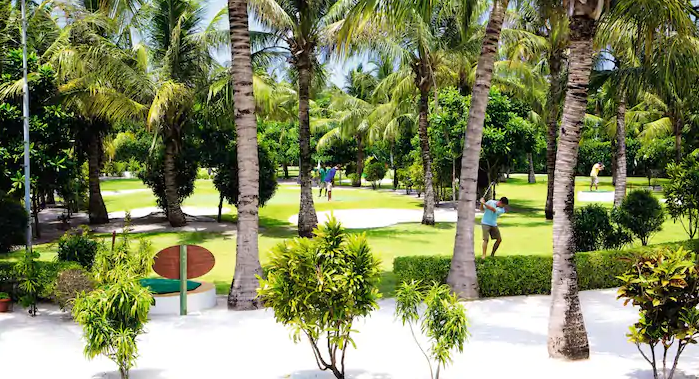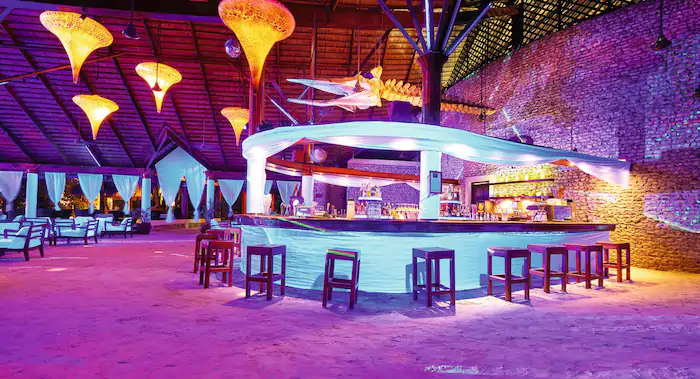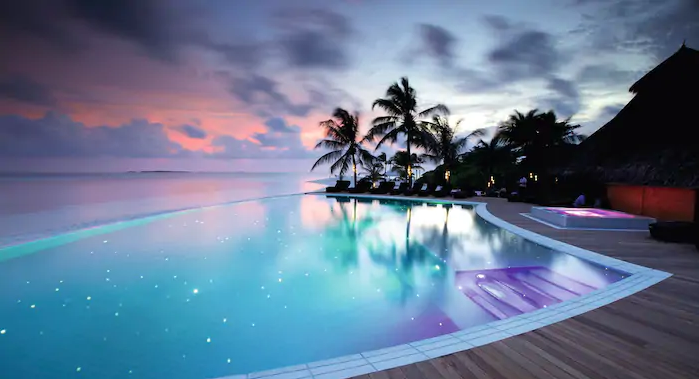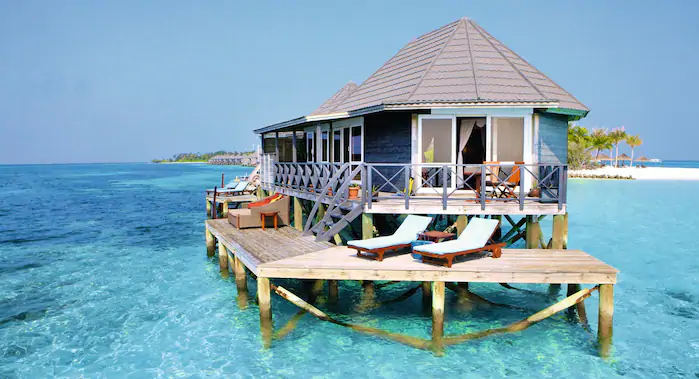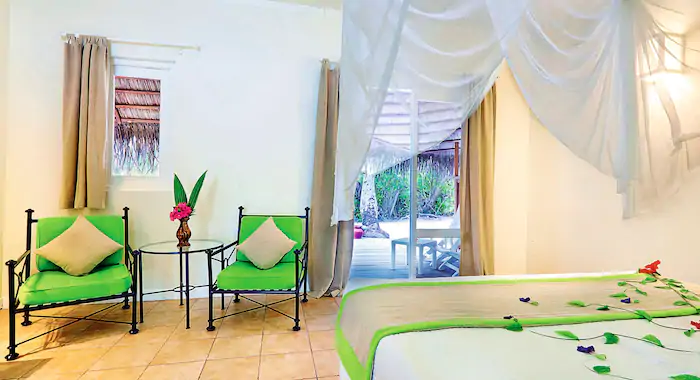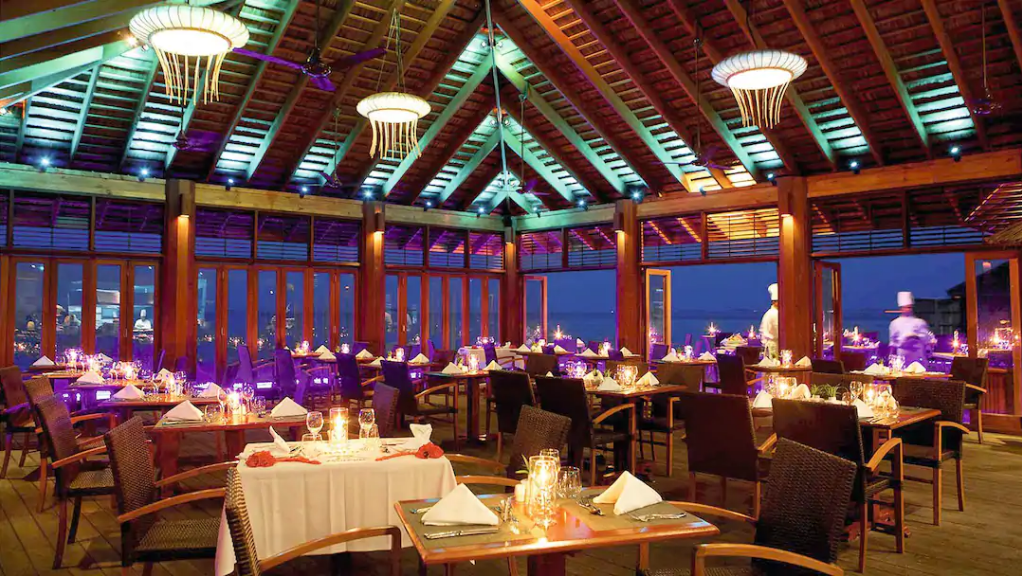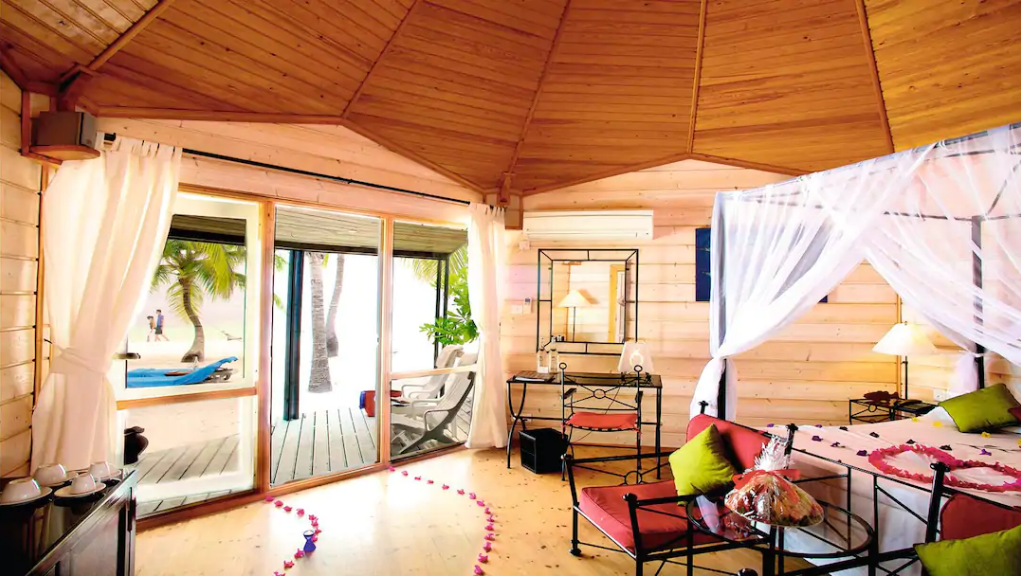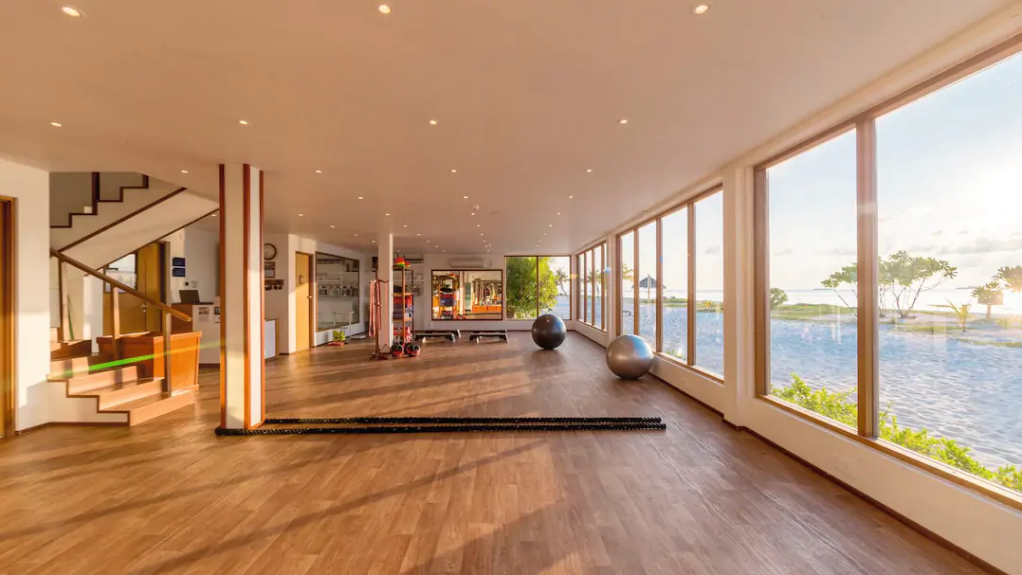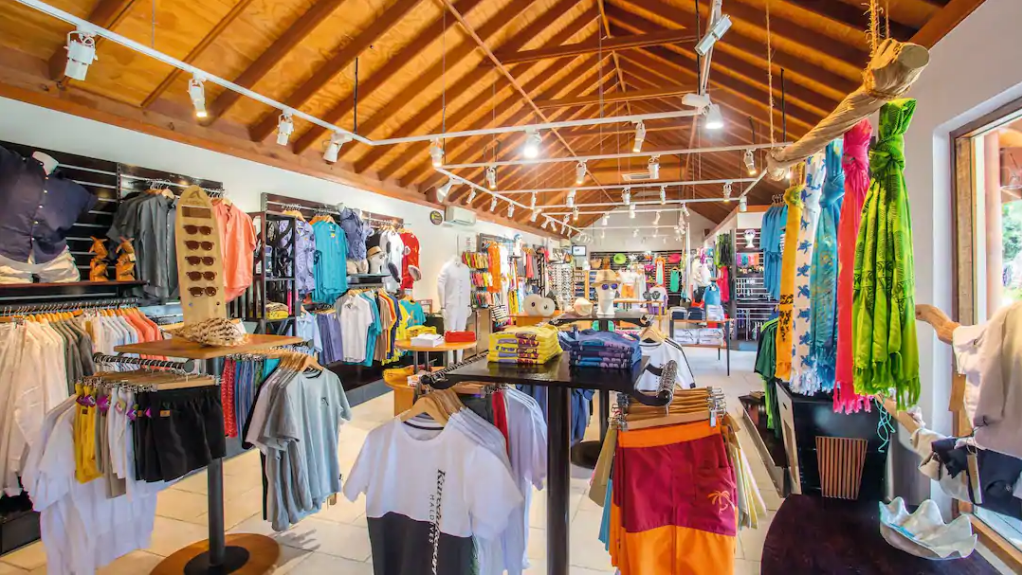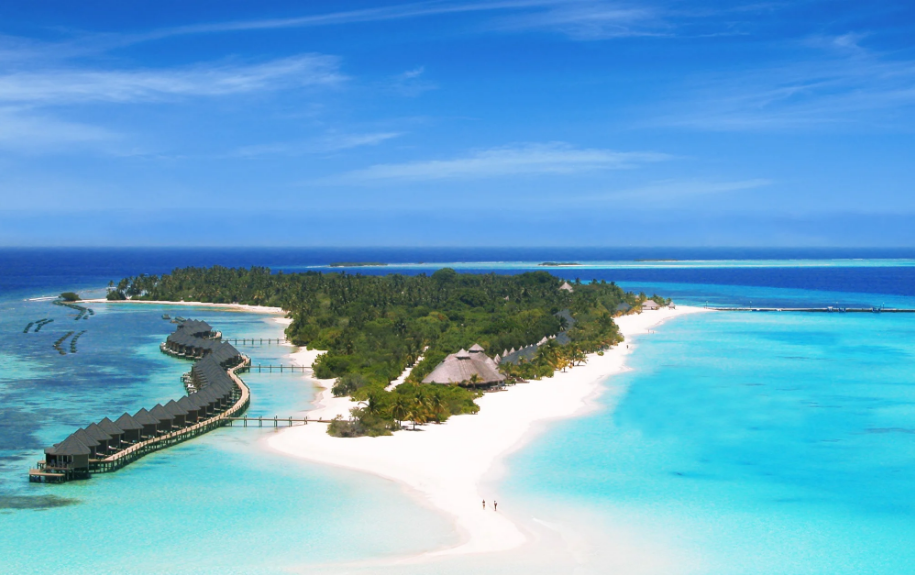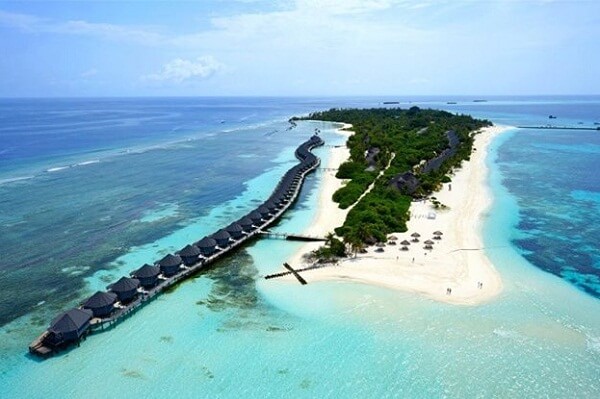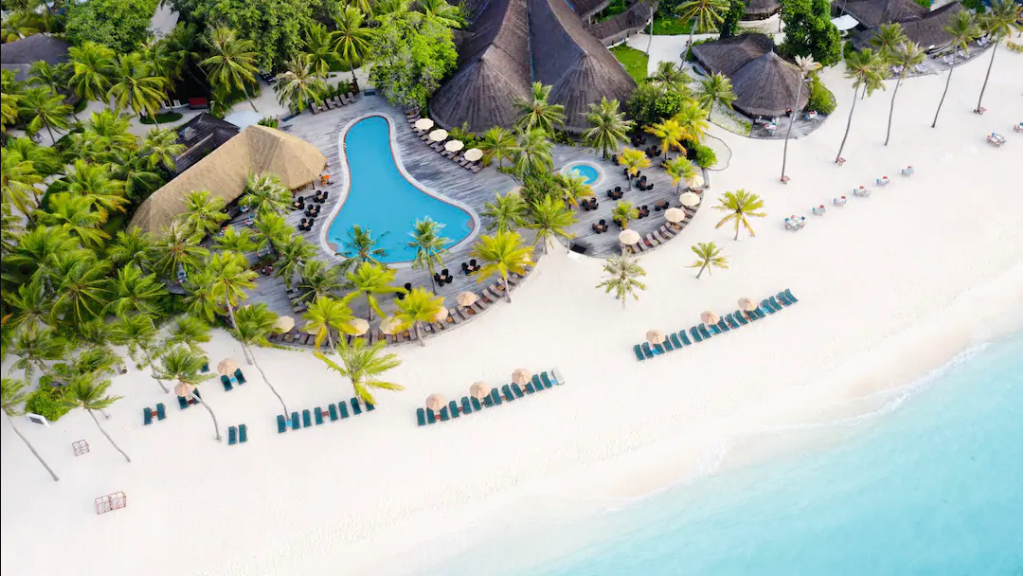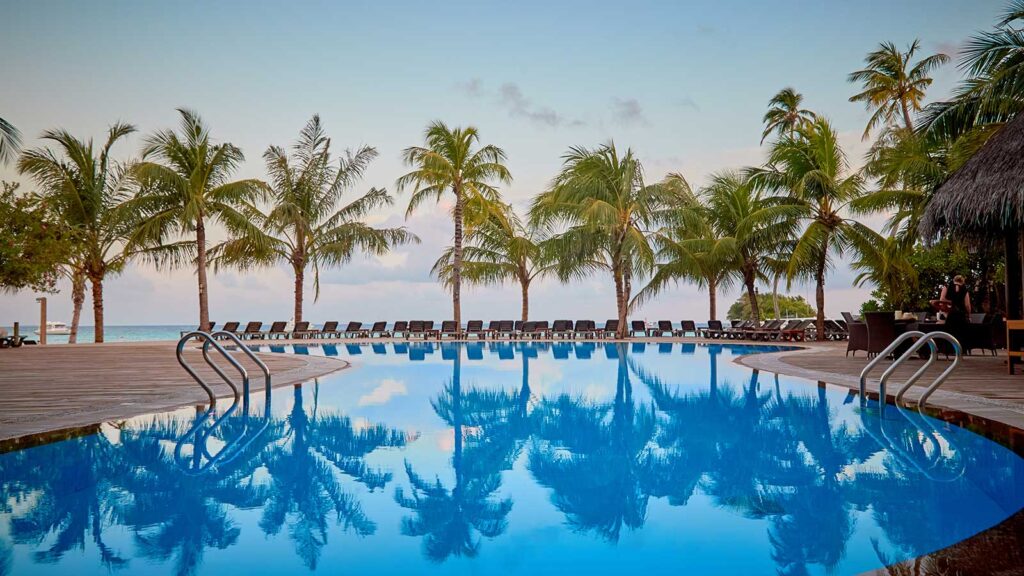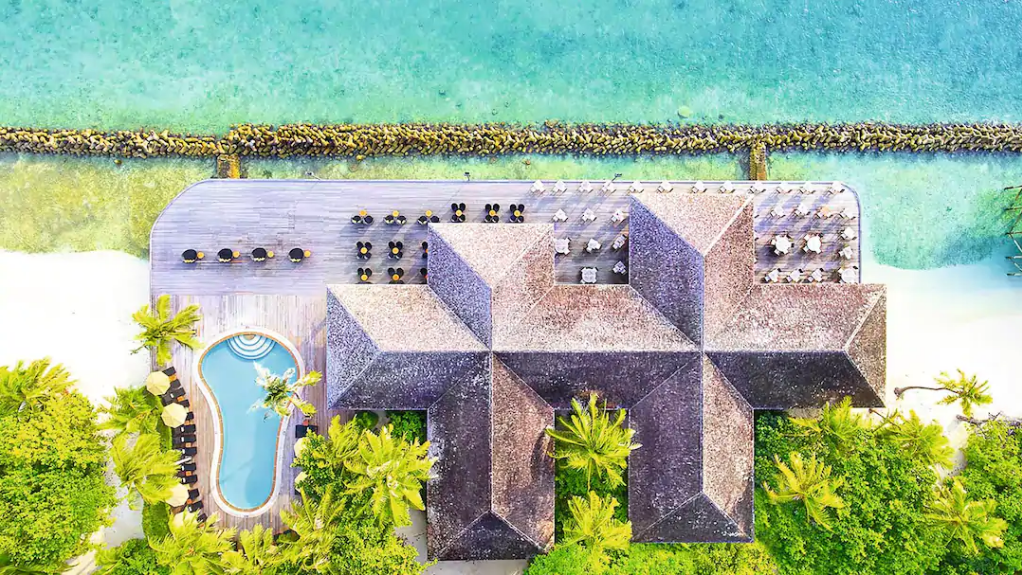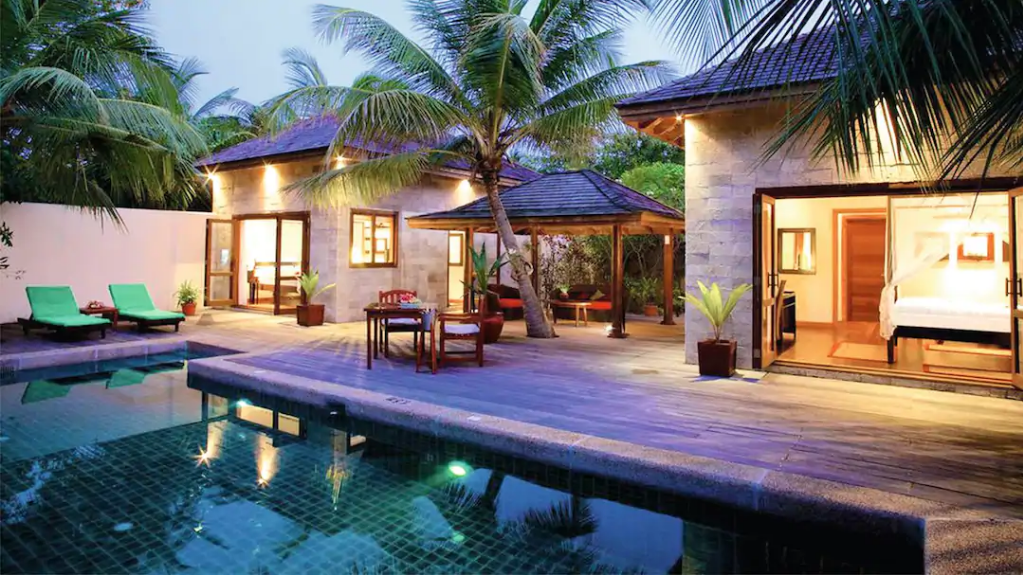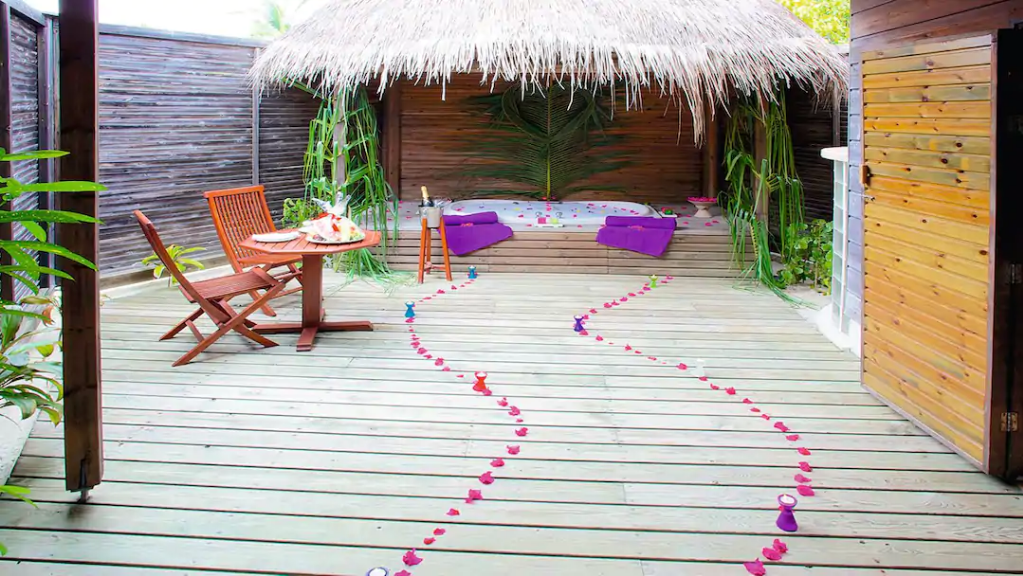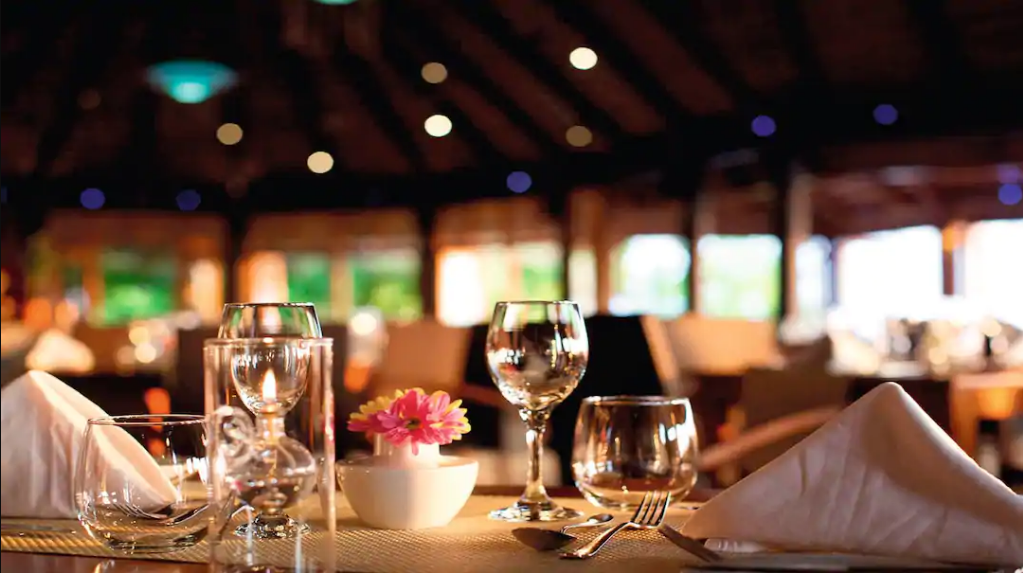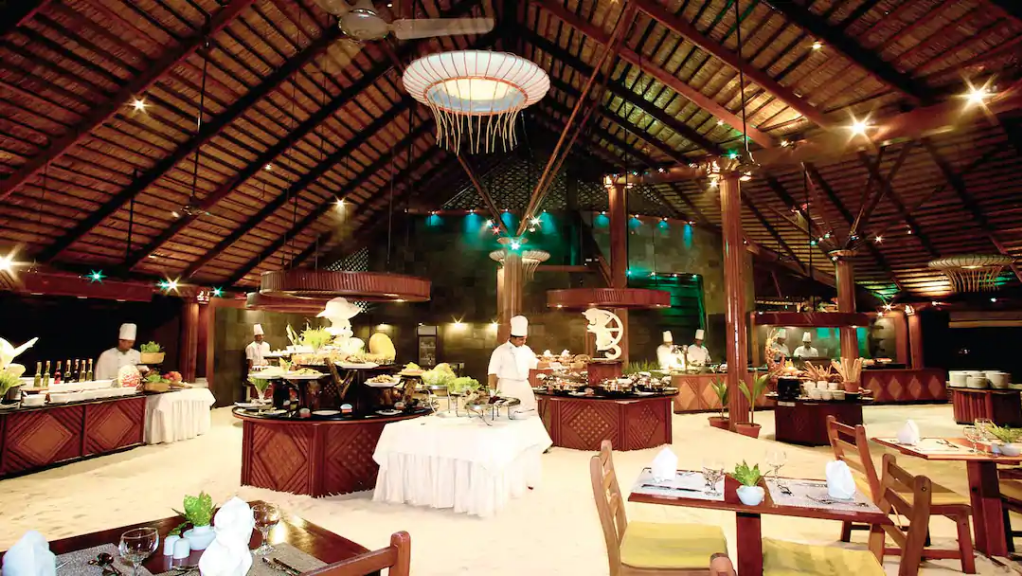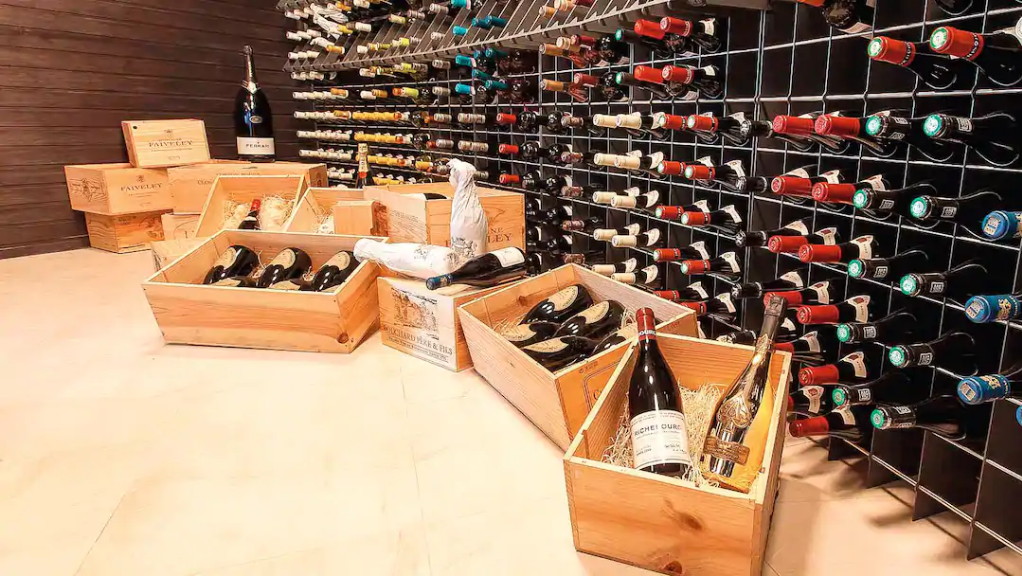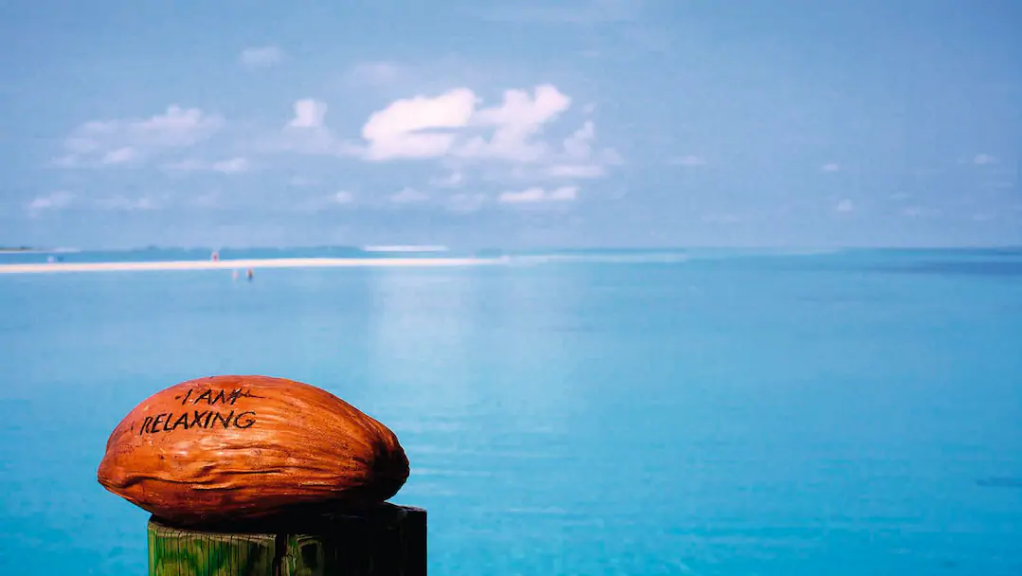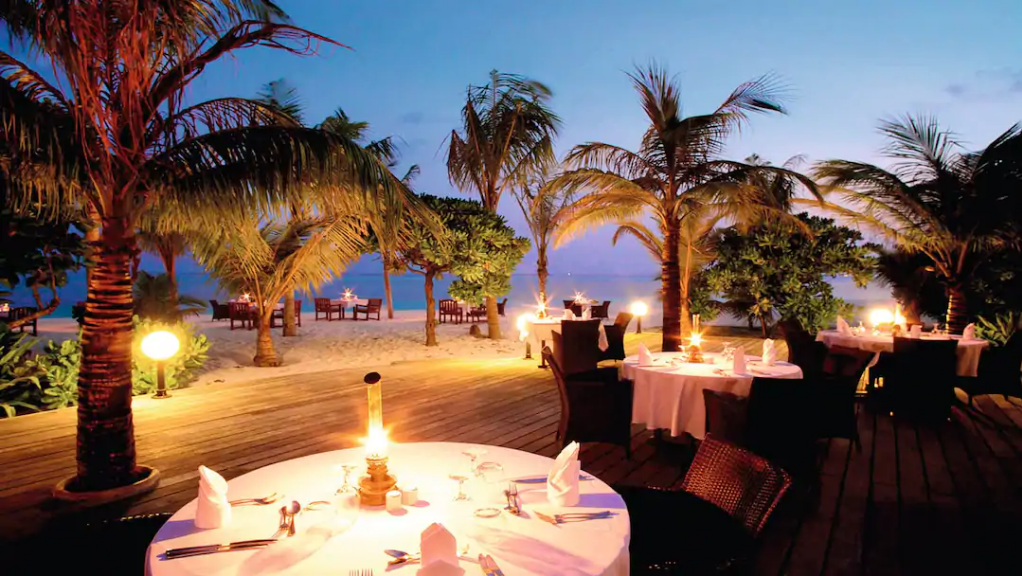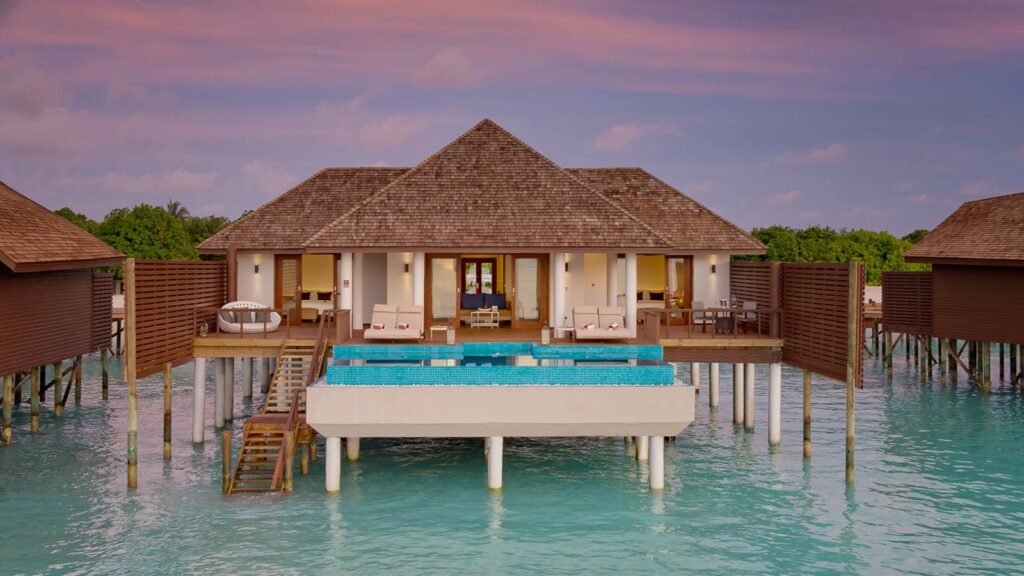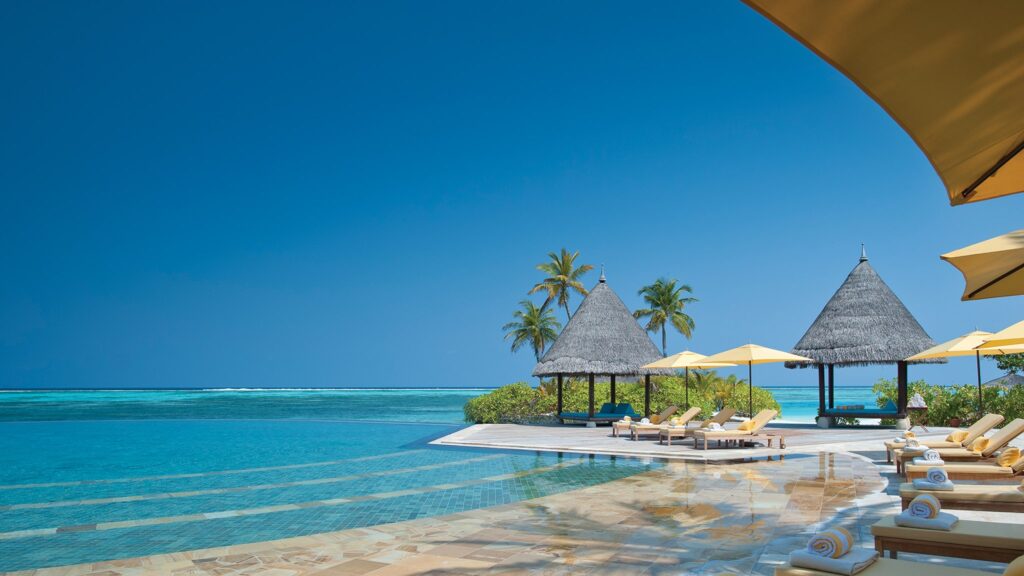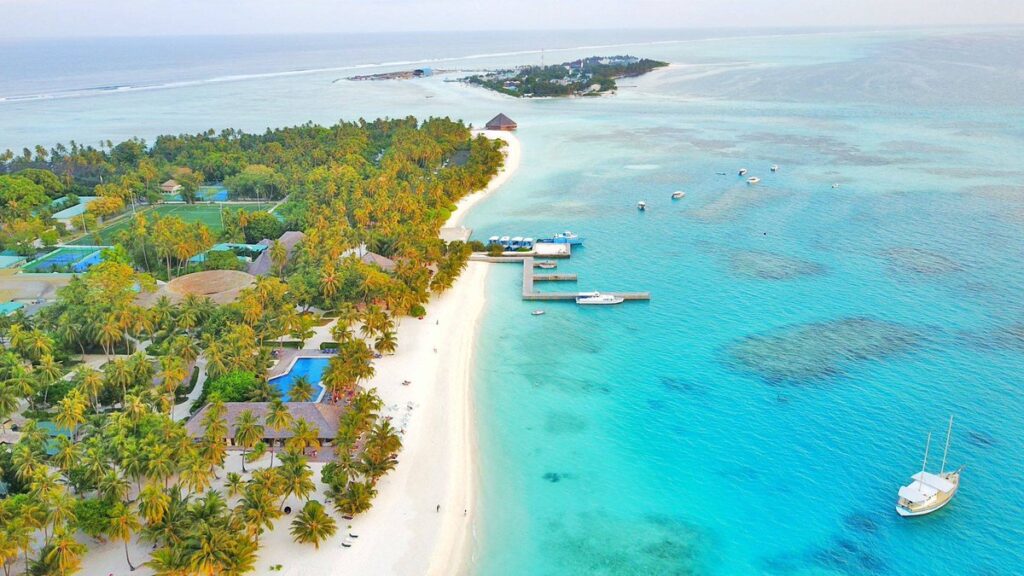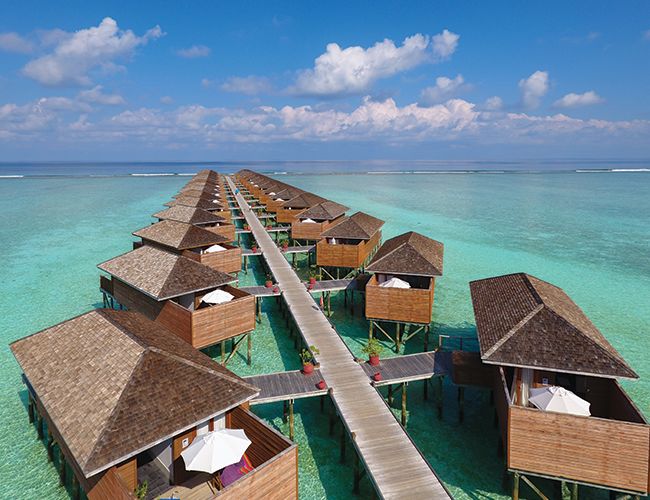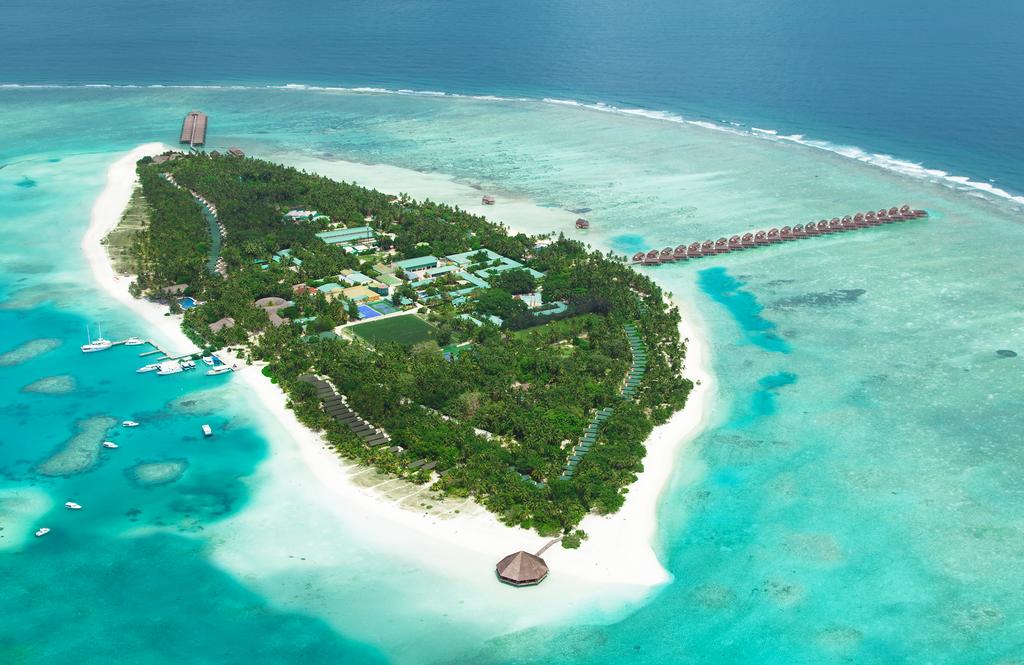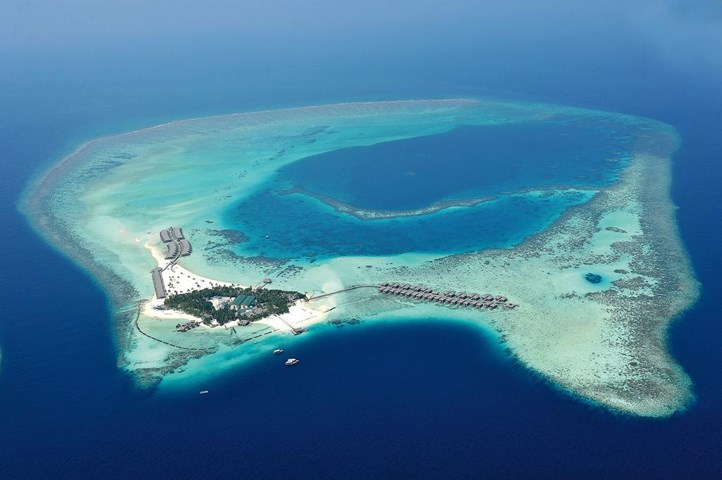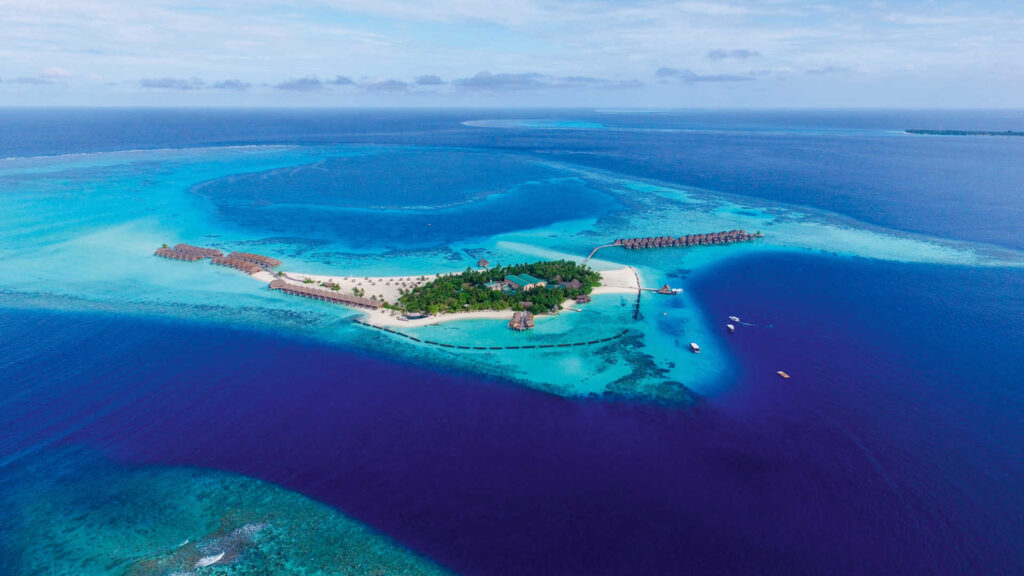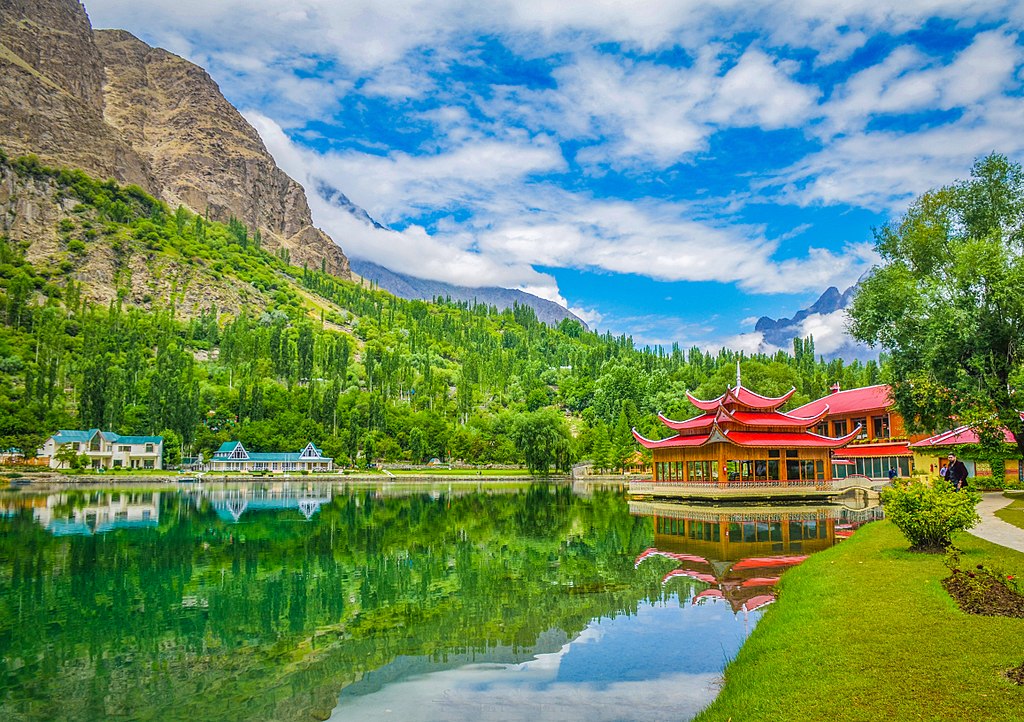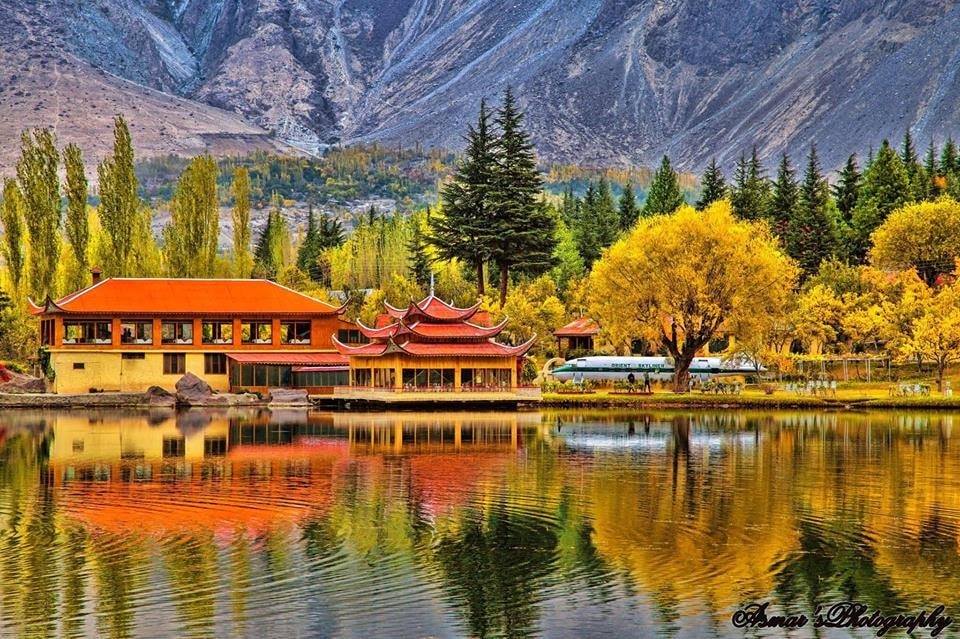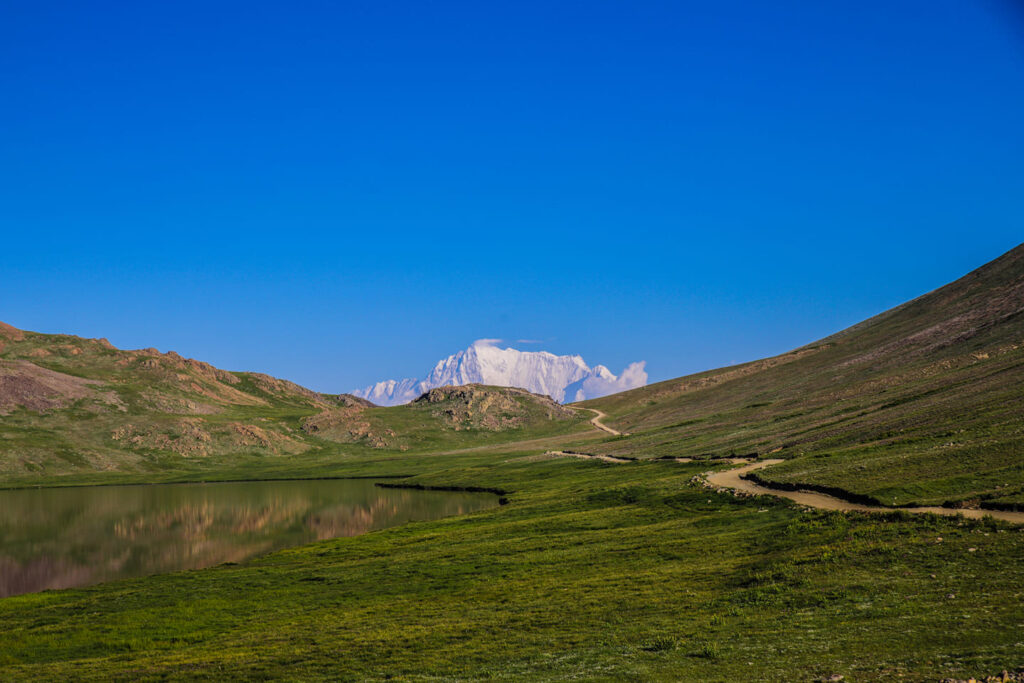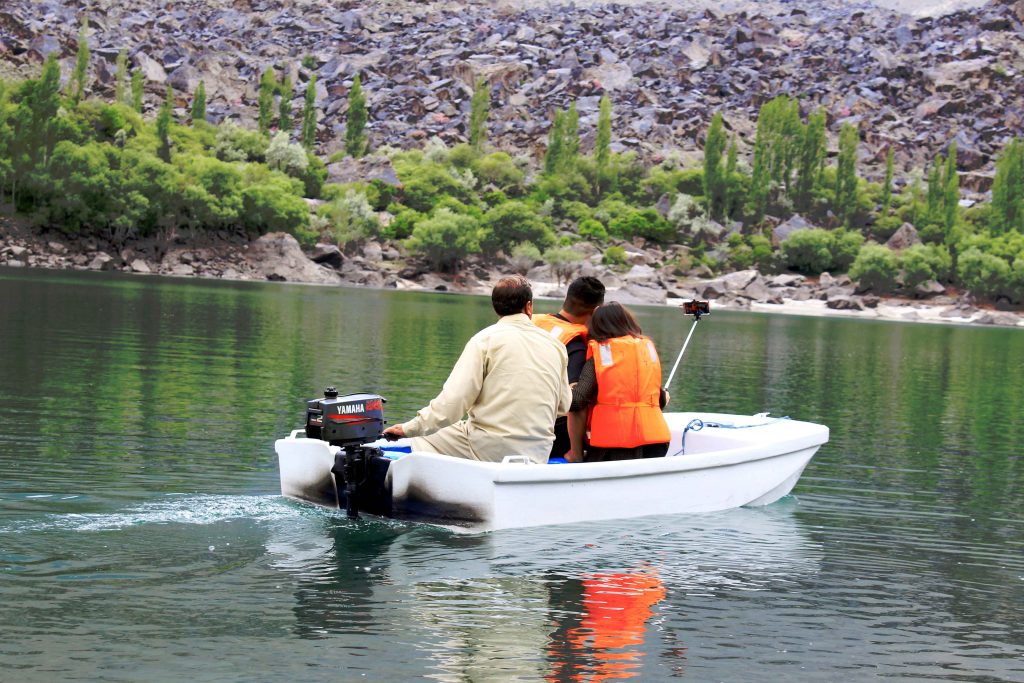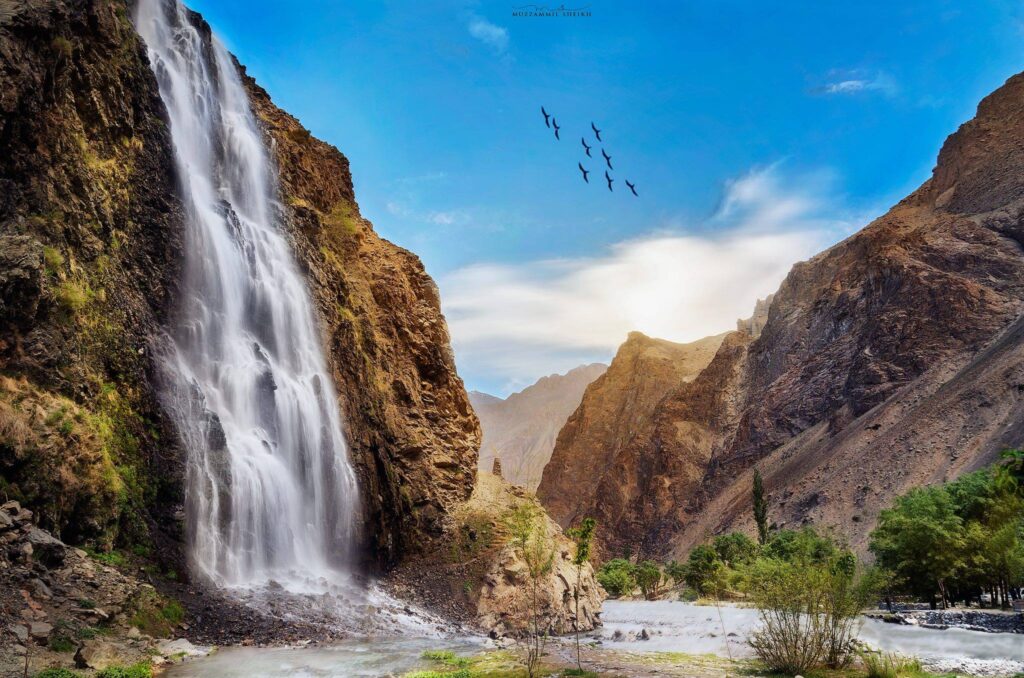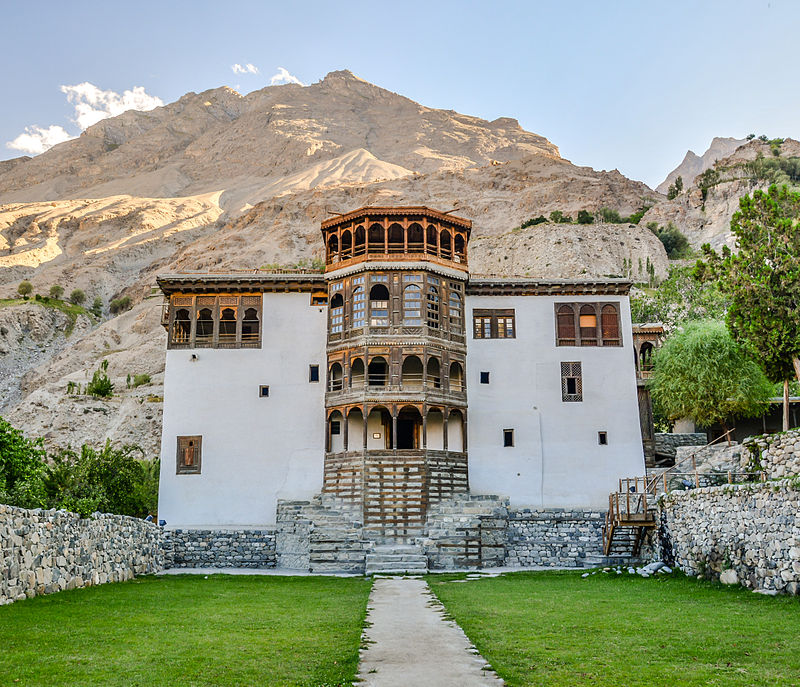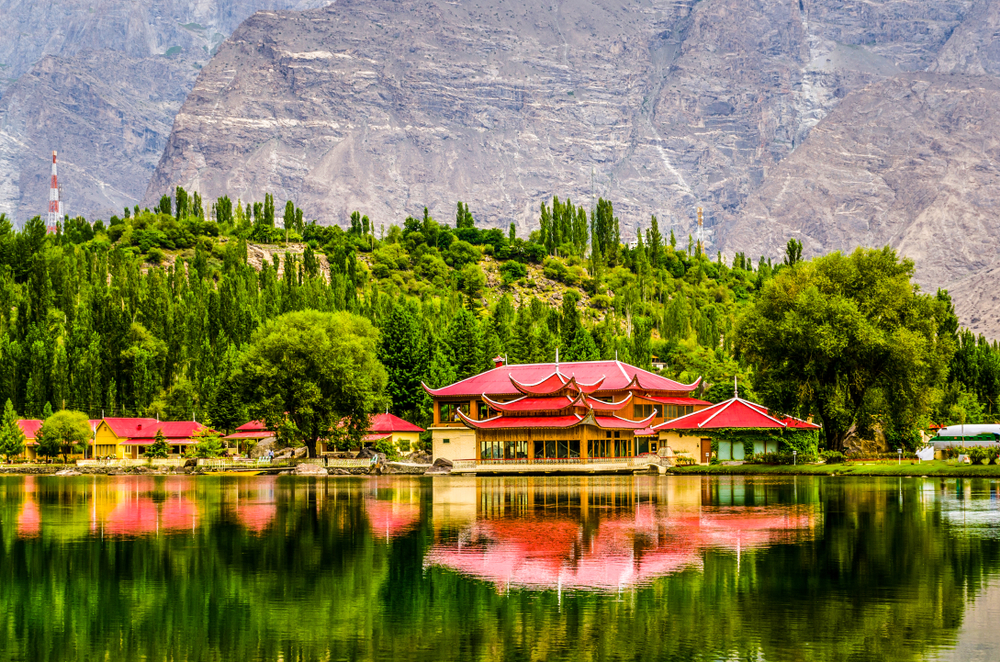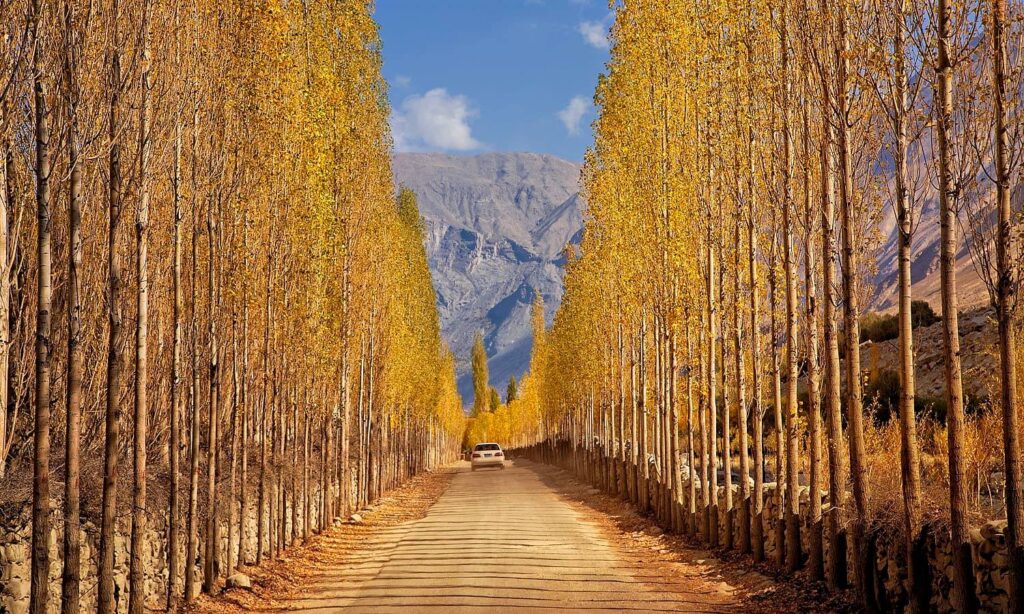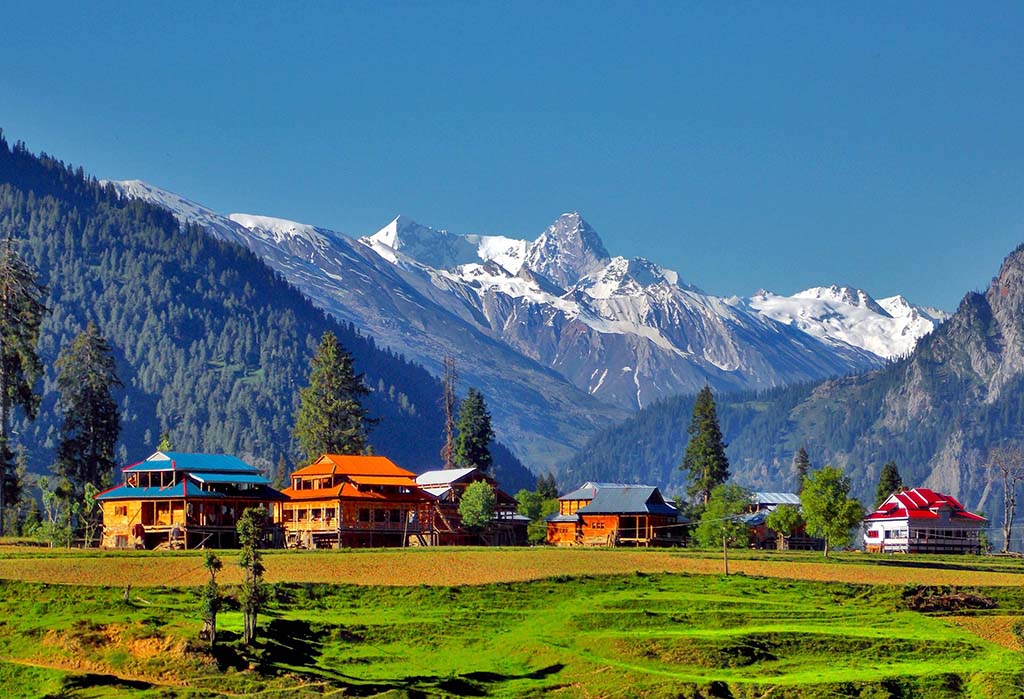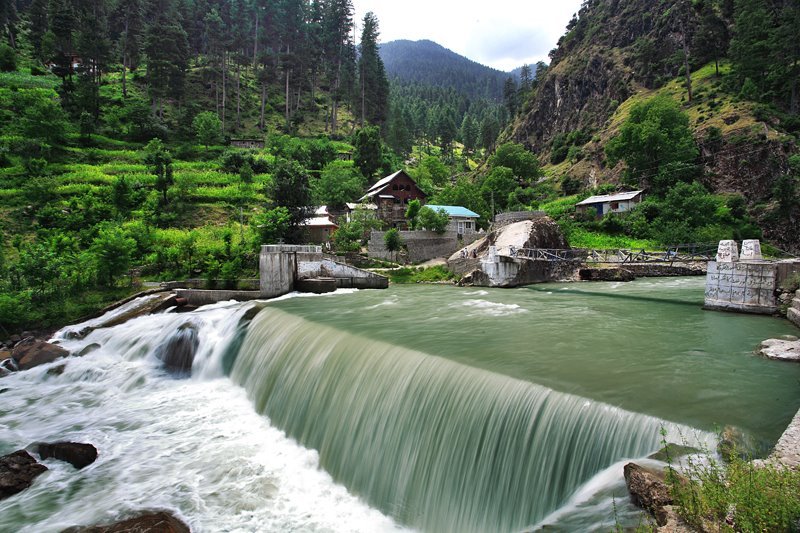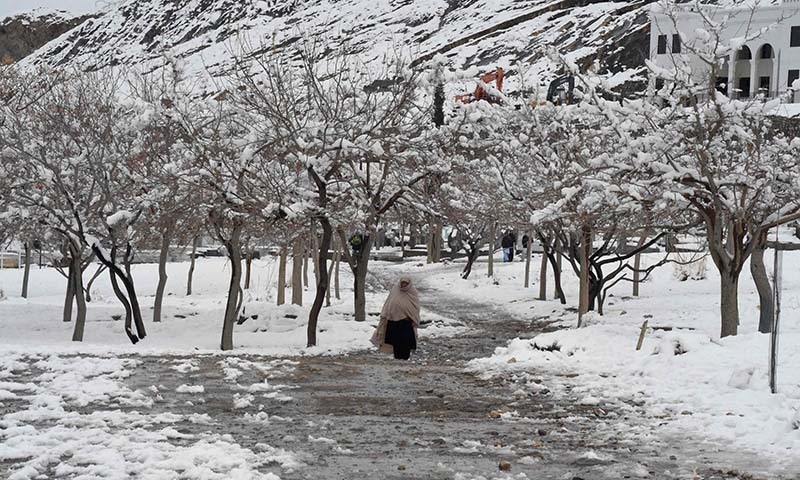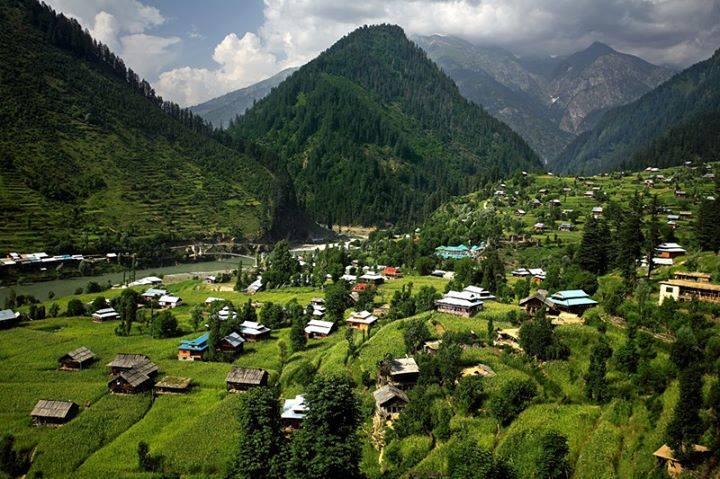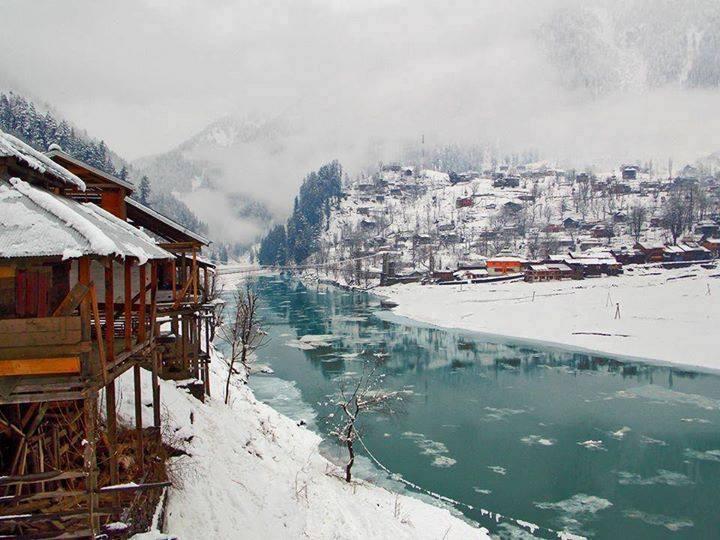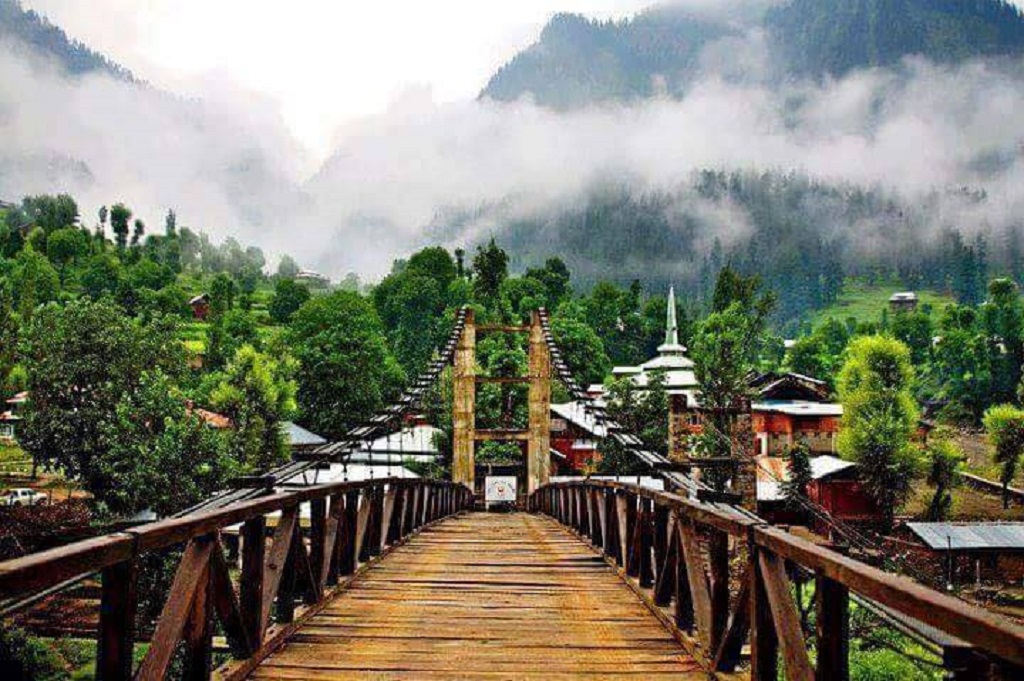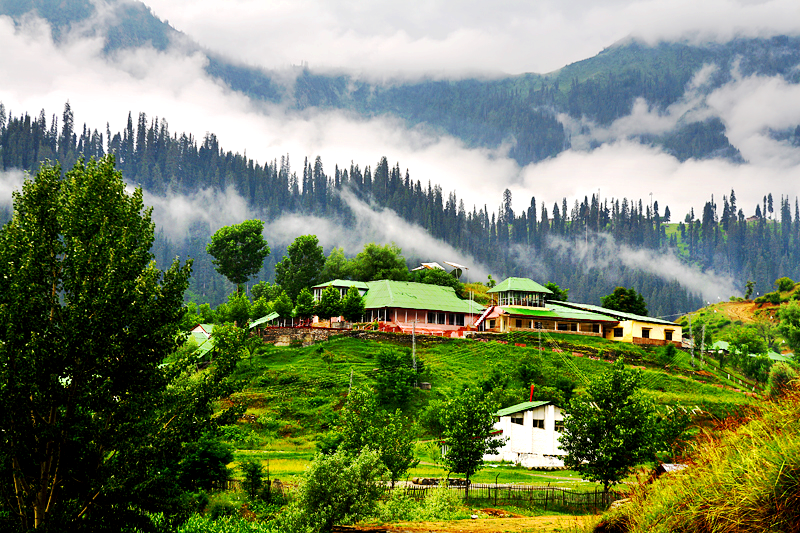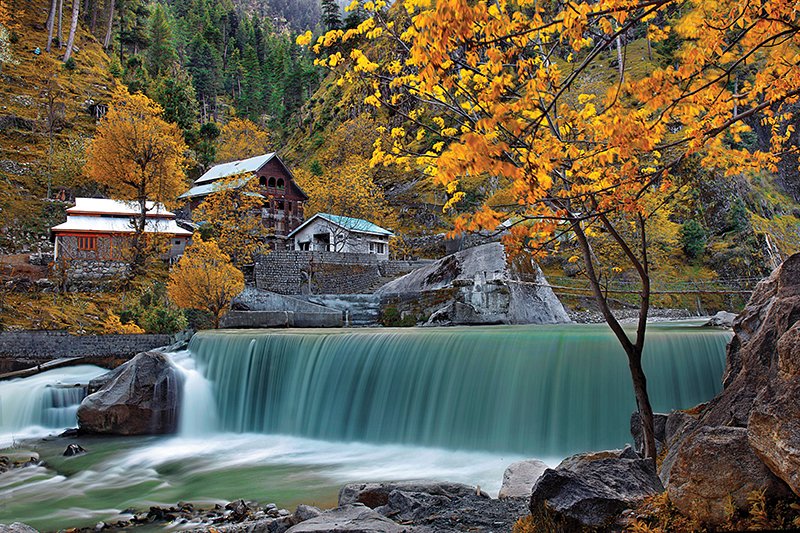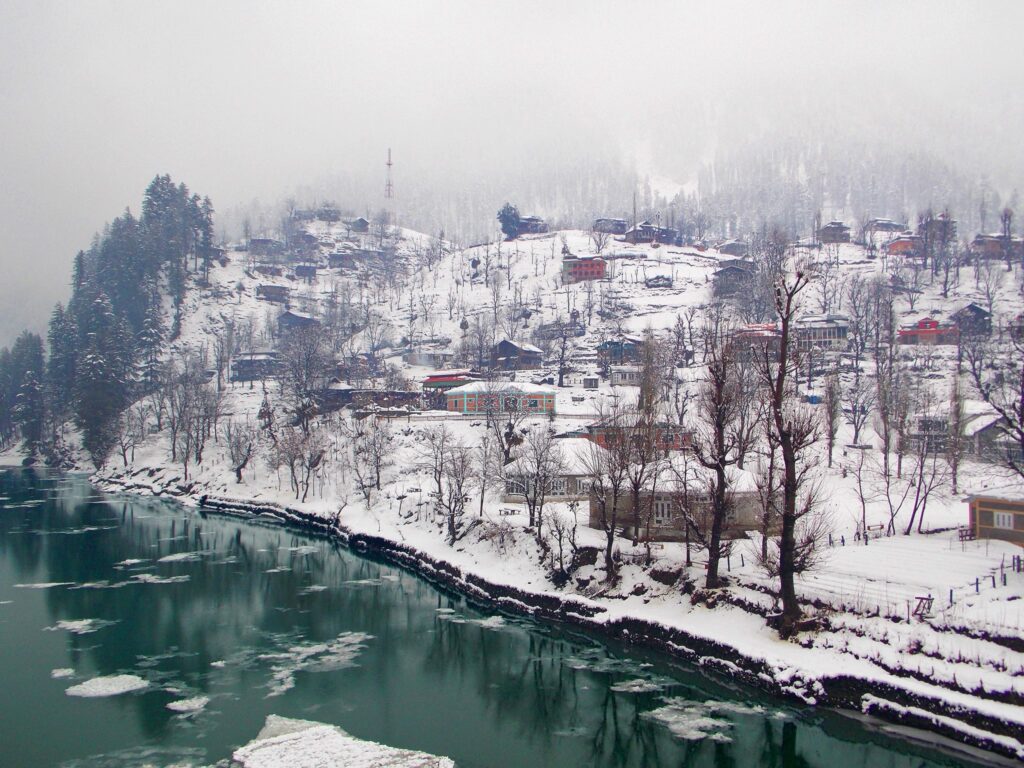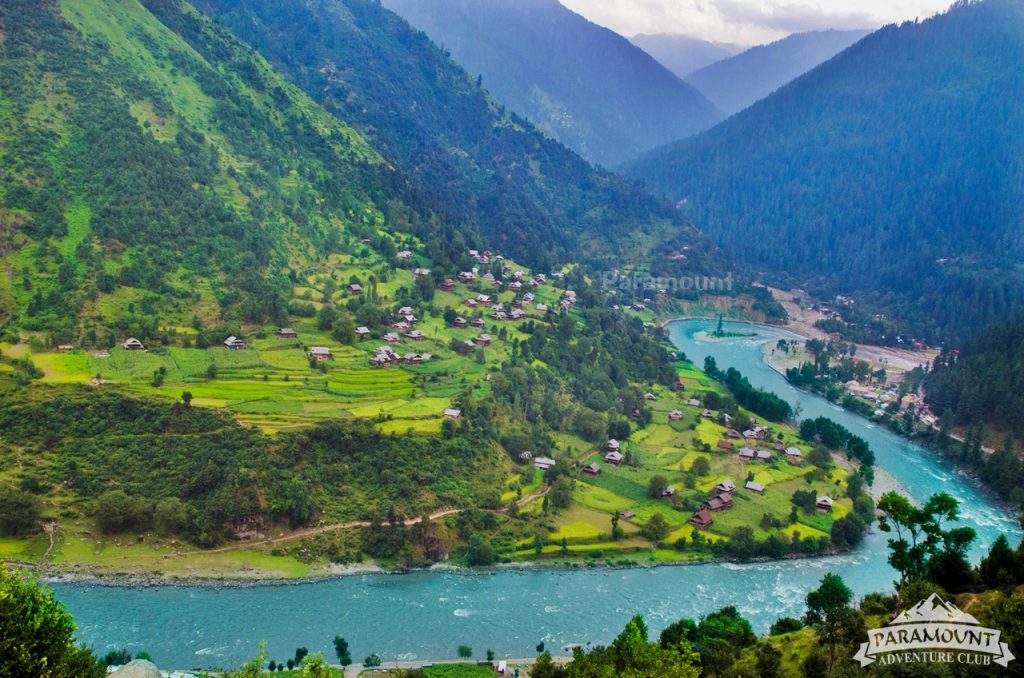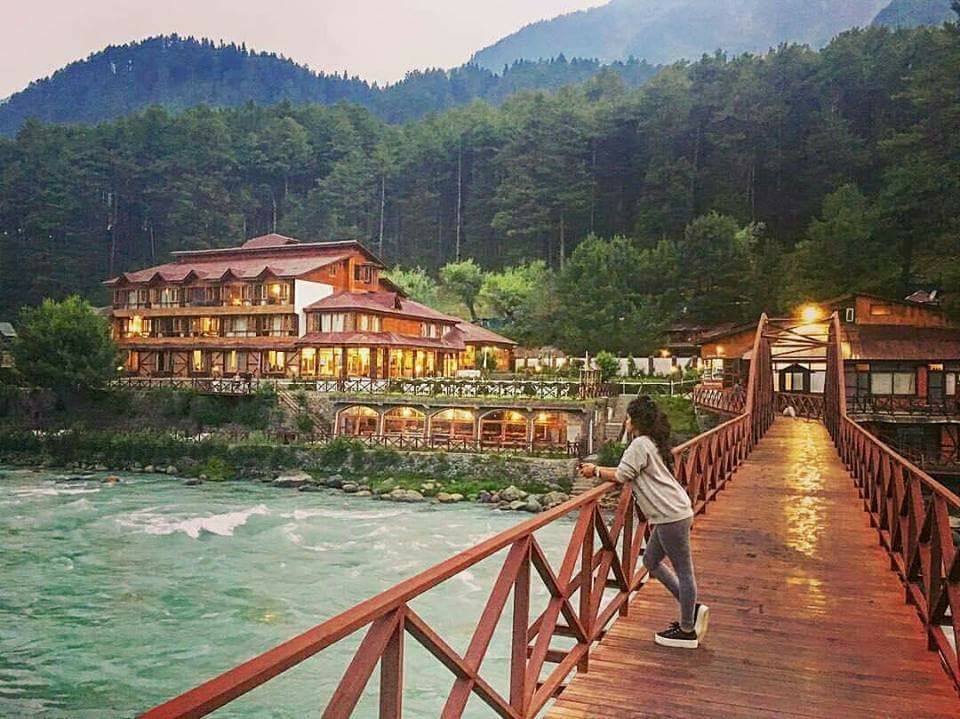Trip Overview
Bahawalpur
Bahawalpur is a city in the Punjab province of Pakistan. It is one of the ten largest cities of Pakistan and 6th most populous city of Punjab. Bahawalpur is the capital of Bahawalpur Division. Founded in 1748, Bahawalpur was the capital of the former princely state of Bahawalpur, ruled by the Abbasi family of Nawabs until 1955. The Nawabs left a rich architectural legacy, and Bahawalpur is known for its monuments dating from that period. The city lies at the edge of the Cholistan Desert and serves as the gateway to the nearby Lal Suhanra National Park.
Lal Sohanara Park
Lal Sohanara National Park is situated some 35 kilometres east of Bahawalpur and presents a synthesis of forest and desert life. It occupies land on both sides of Desert Branch canal, and is spread over 127,480 acres (51,590 hectares) of which 20,974 acres (8,488 hectares) are green land (irrigated plantations), 101,726 acres (41,167 hectares) are dry land (desert), and 4,780 acres (1,930 hectares) are wet land (ponds and lakes). The park’s terrain is generally flat, interspersed with sand dunes measuring between 1 and 6 meters in height and occupying as many as thousands of acres apiece.
Noor Mahel
The land of Bahawalpur was part of the Hakra Civilization which is one of the oldest in the world, sharing the era of the Egyptian and Mesopotamian Civilizations. These civilizations were well connected via sea and land routes. The Hakra Civilization was mother civilization of “Mohenjo-Daro and Harappa”; read one of the many informative paintings, maps, unique glimpses from the past and historical photographs that were neatly framed and put on display for the viewers and tourists visiting the majestic Noor Mahal. If you visit the Noor Mahal, you may come across a number of maps of Bahawalpur region from different eras, and this information is available under one such map that broadly shows the entire Indian sub-continent of that time.
Abbasi Masjid Derawar
Abbasi Mosque is a mosque located close to Derawar Fort in Yazman Tehsil, within the Cholistan Desert in Bahawalpur District, Punjab province of Pakistan. It has a capacity to hold 10,000 worshippers. Abbasi Mosque was built by Nawab Bahawal Khan in 1849. It was built like the Shah Jahani Masjid in Delhi, using the same construction materials.
Cholistan Desert
The Cholis tan Desert, also locally known as Rohi, is a desert in the southern part of Punjab, Pakistan that forms part of the Greater Thar Desert, which extends to Sindh province and the Indian state of Rajasthan. It is one of two large deserts in Punjab, the other being the Thal Desert. The soils of the tract are saline, alkaline and gypsiferous. The area consists of shifting sand dunes. The dunes reach height of about 100m in greater Cholis tan.














